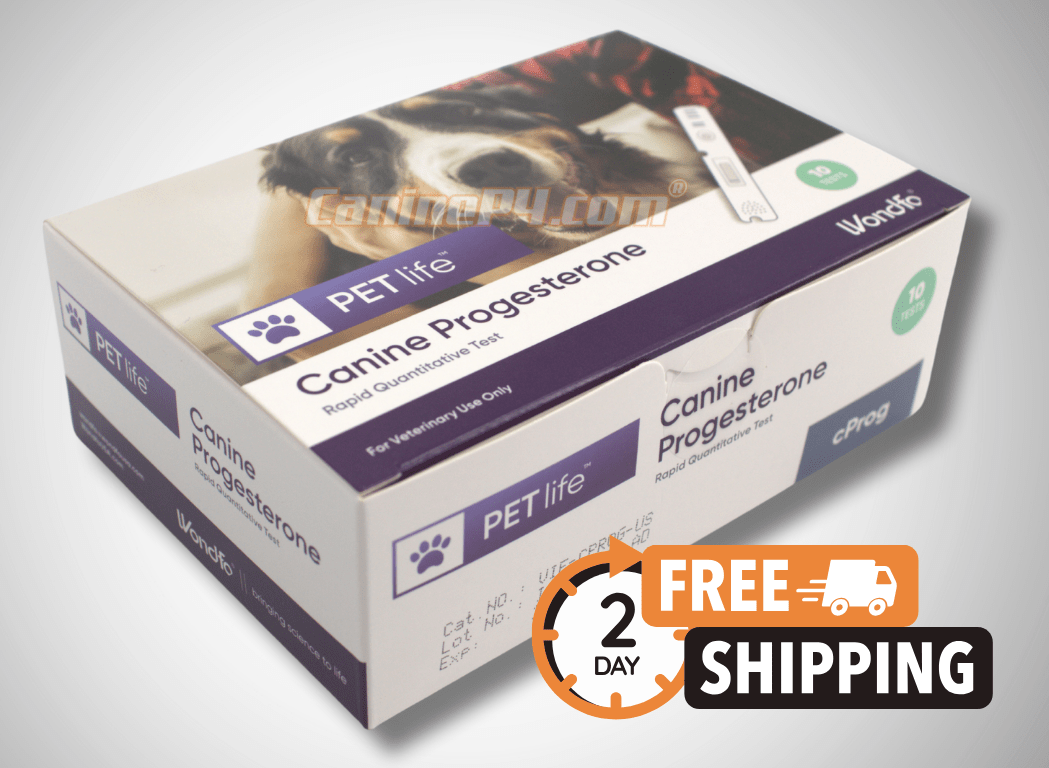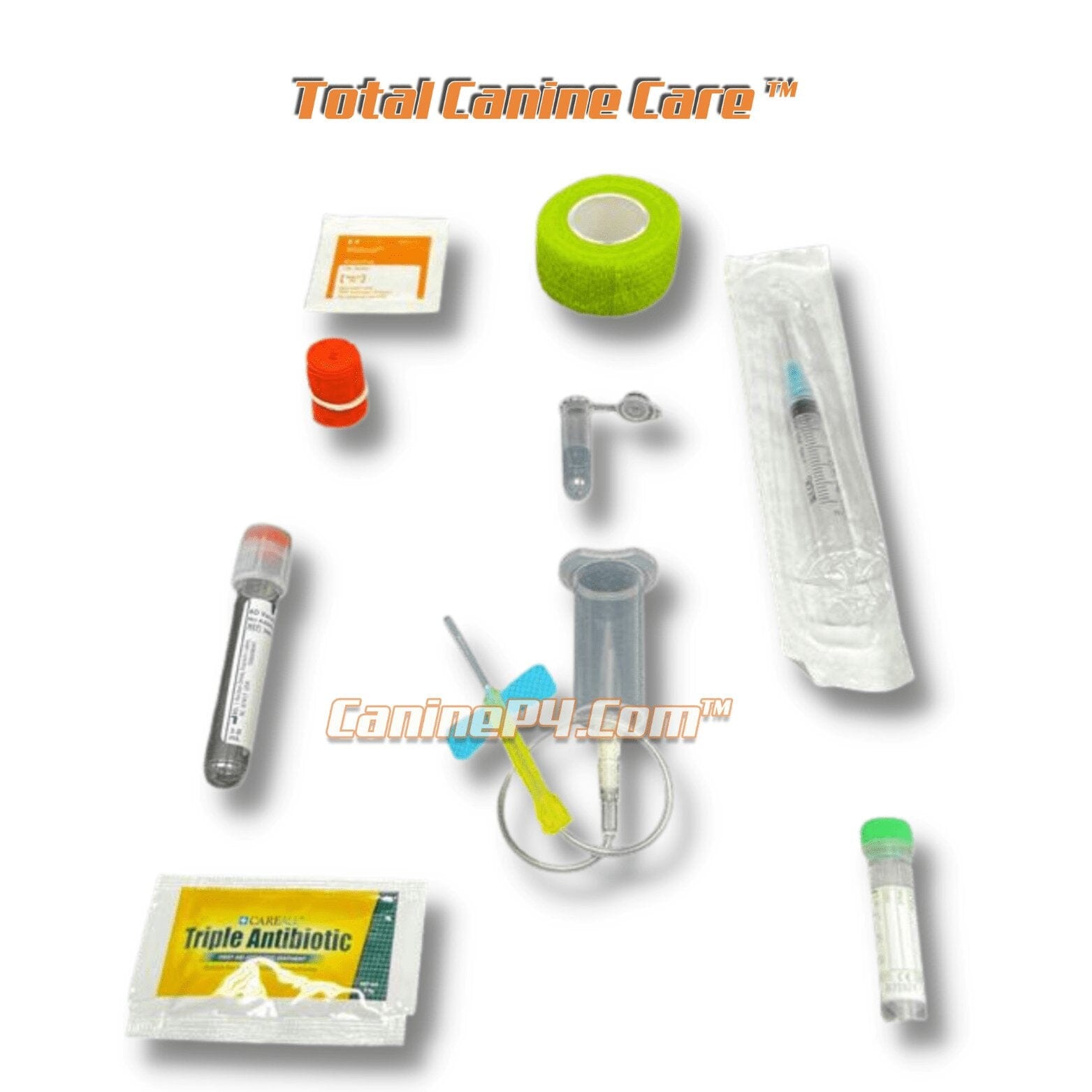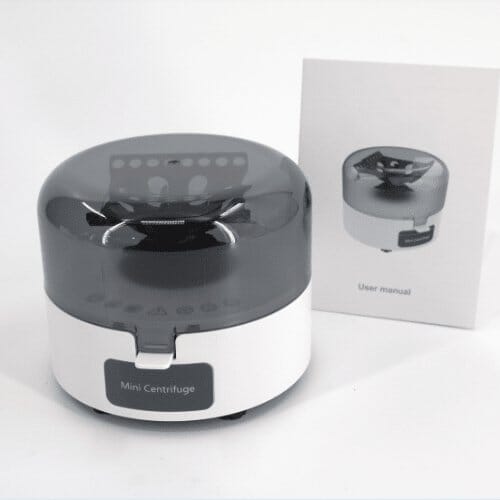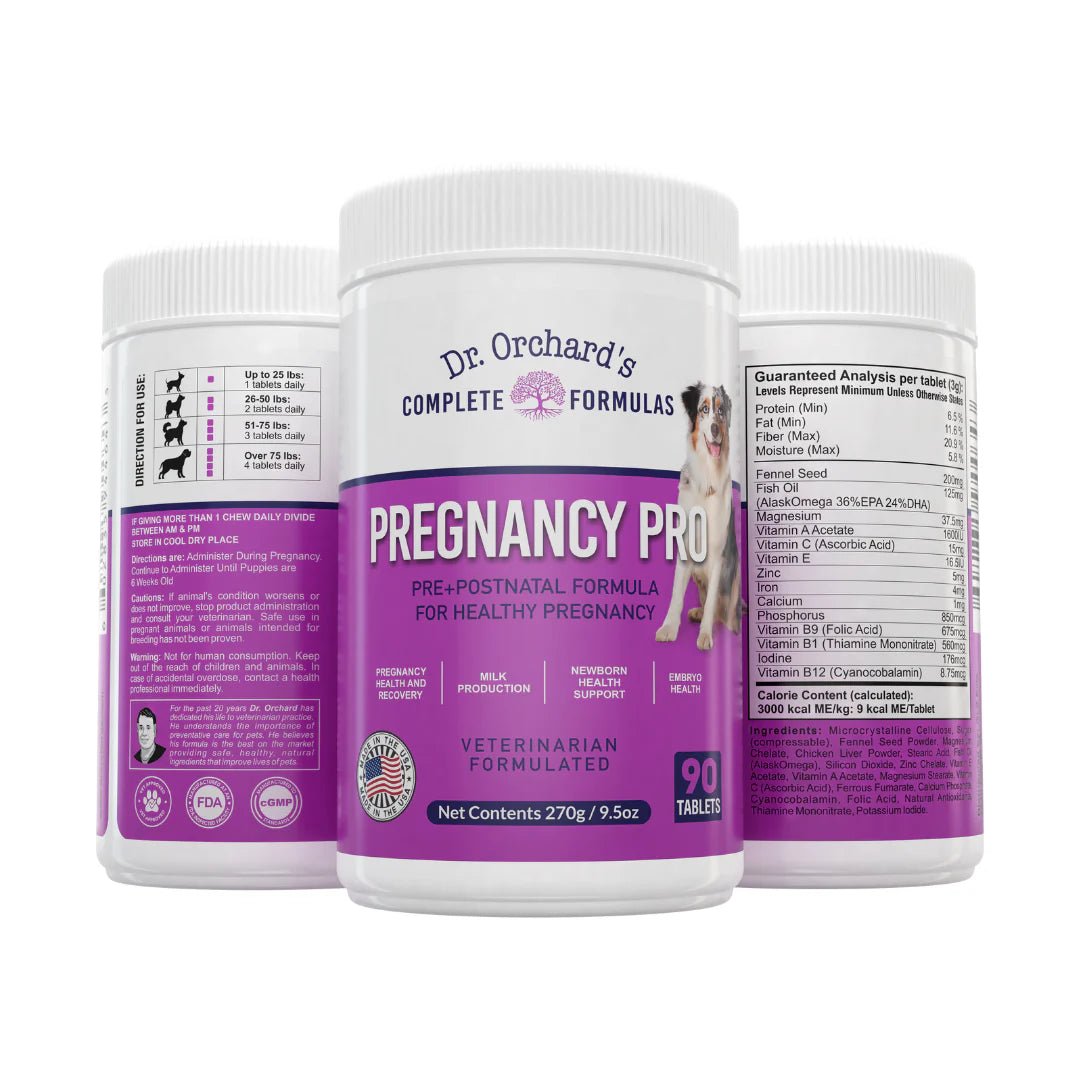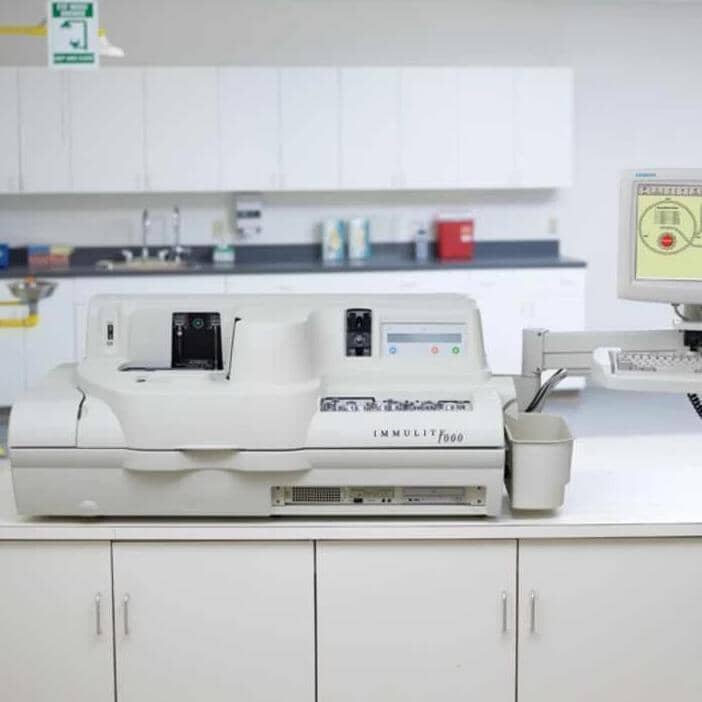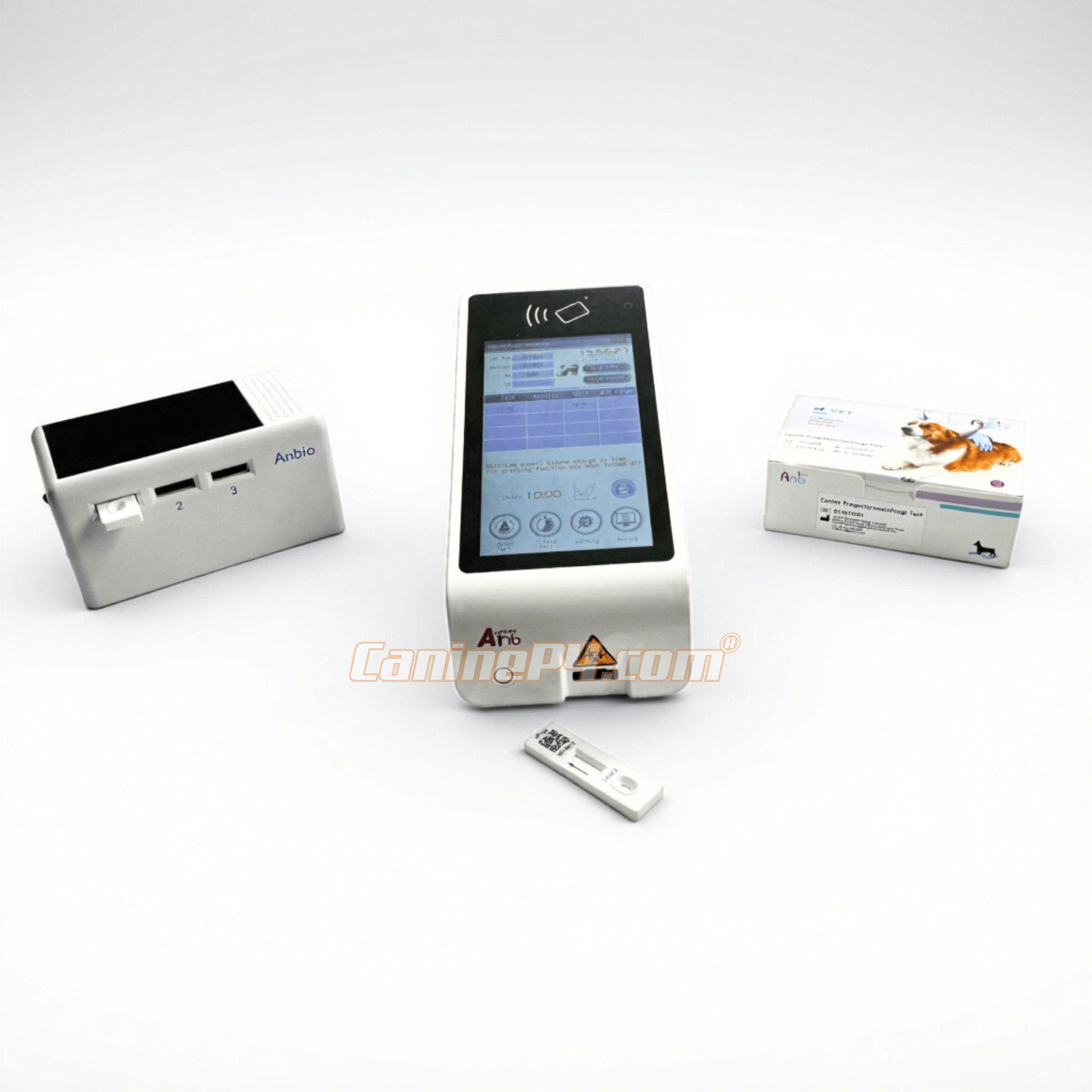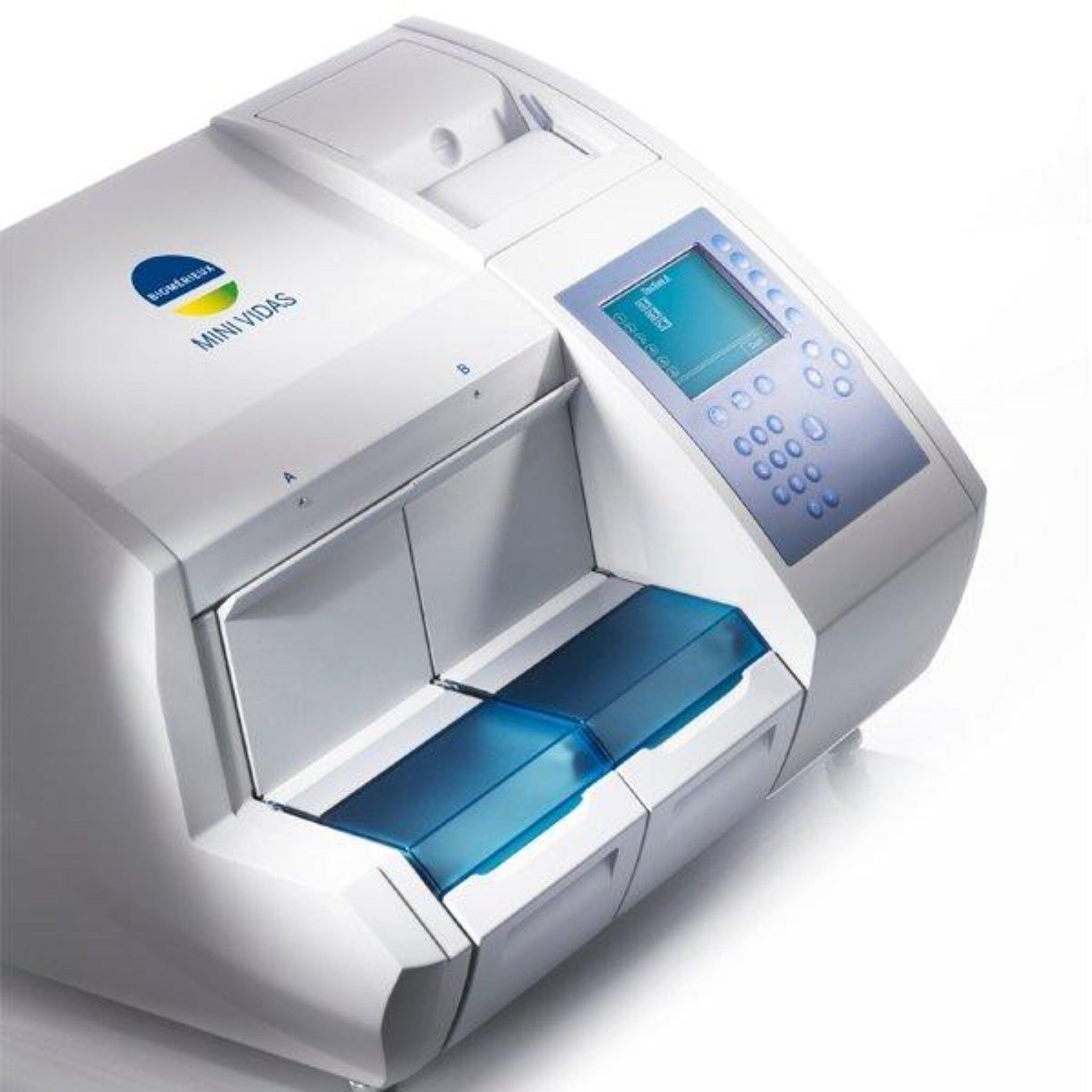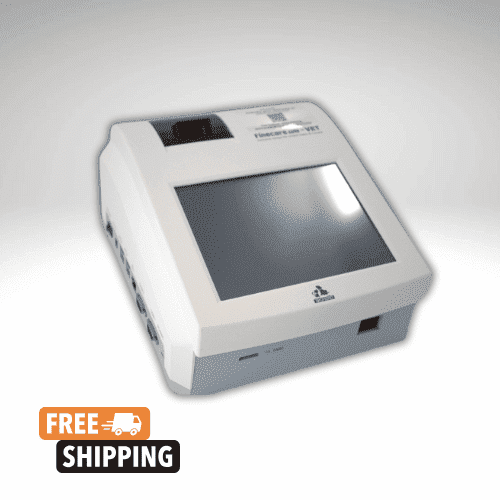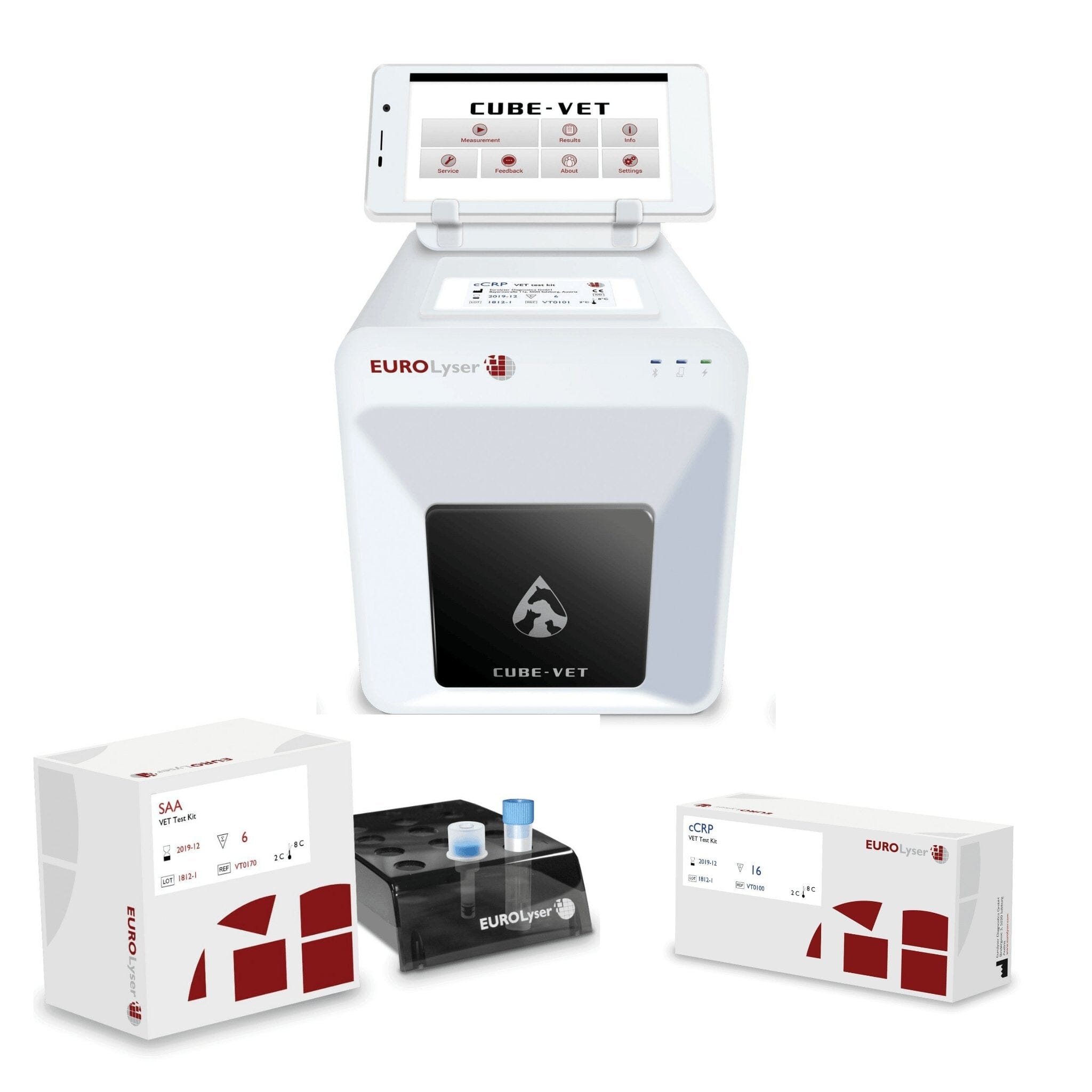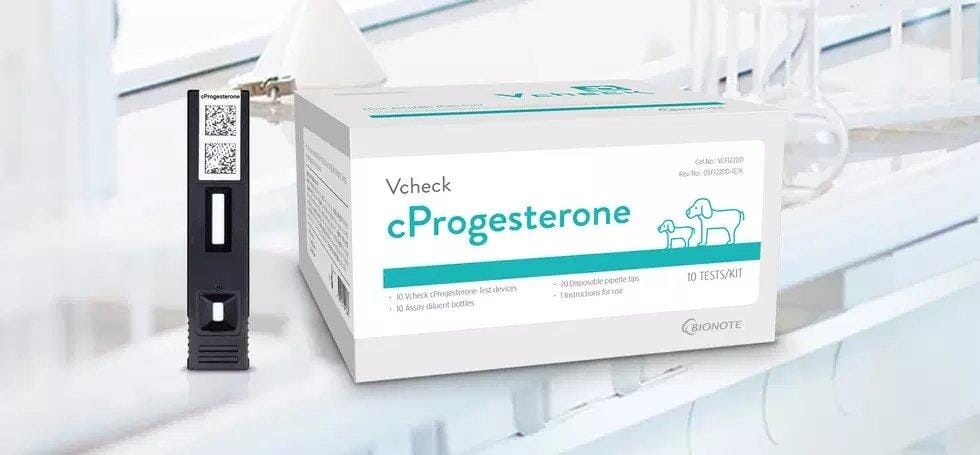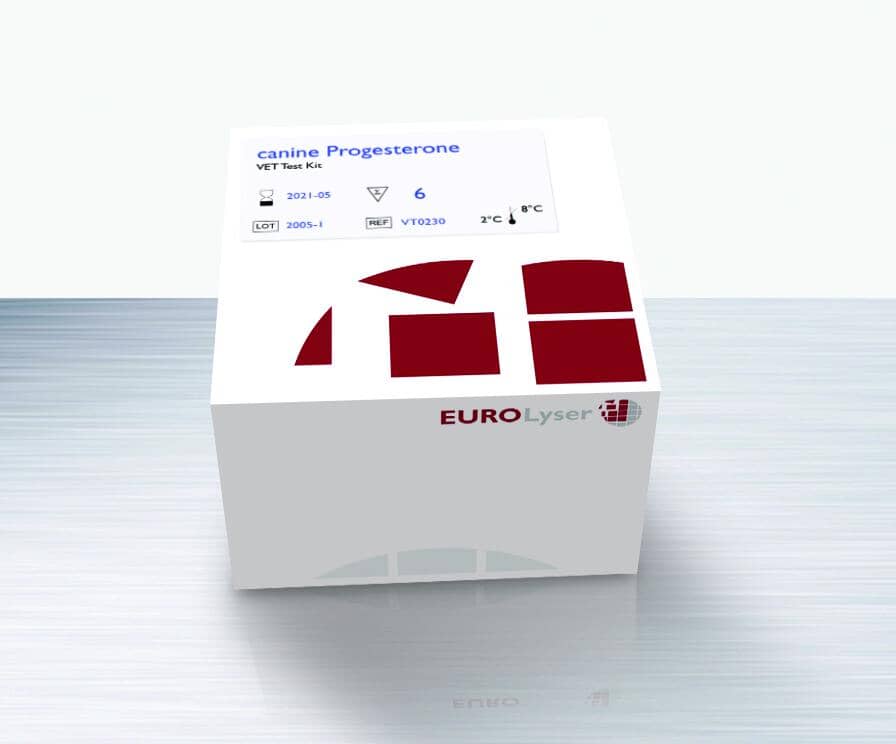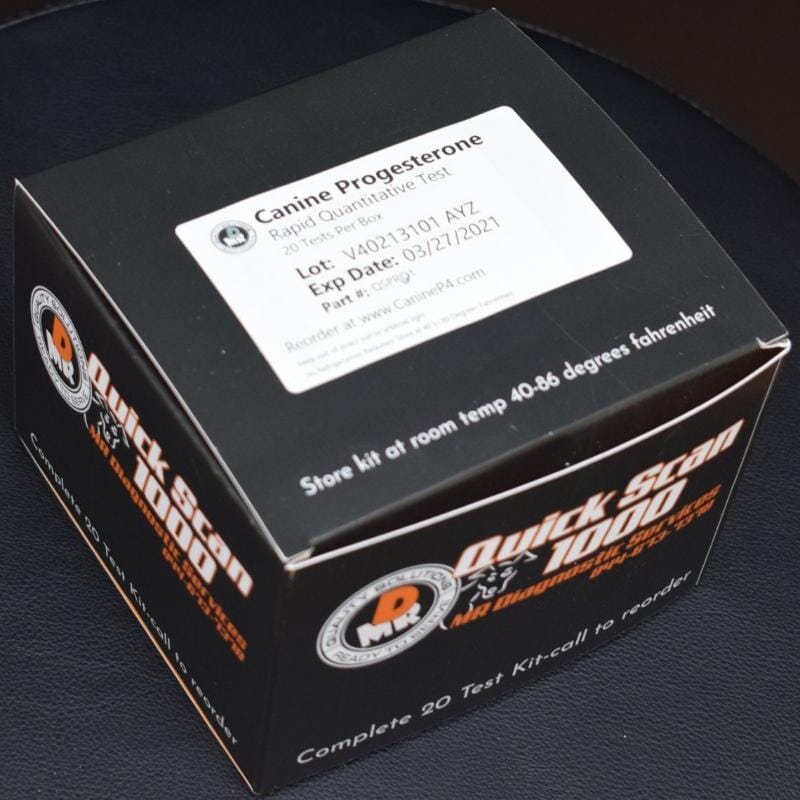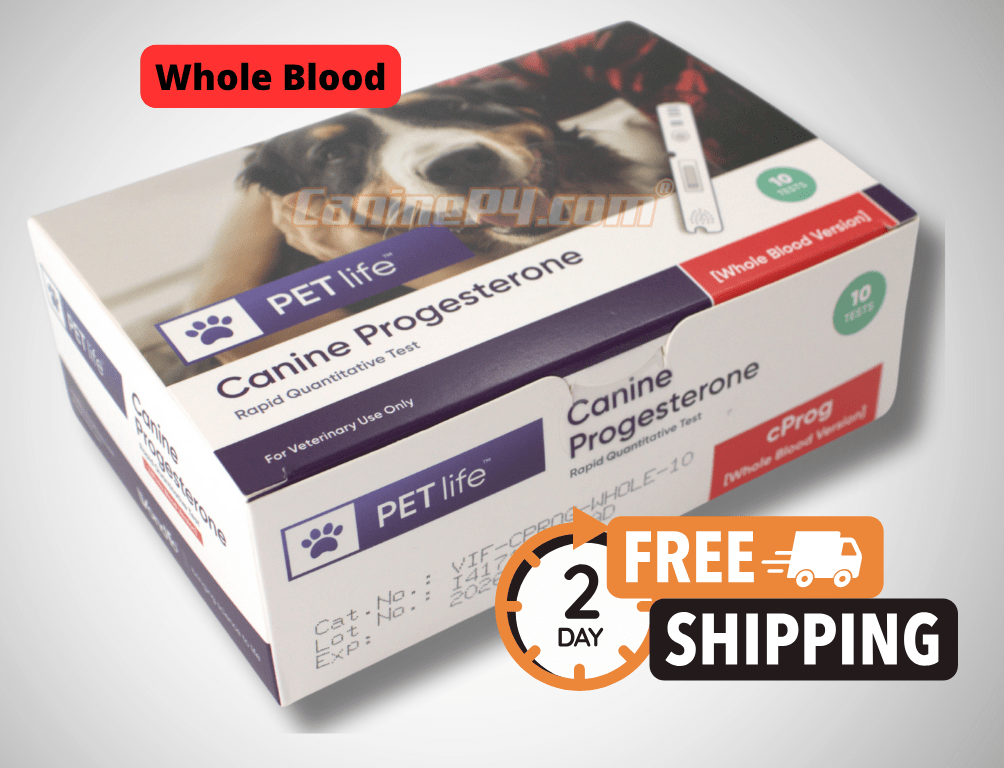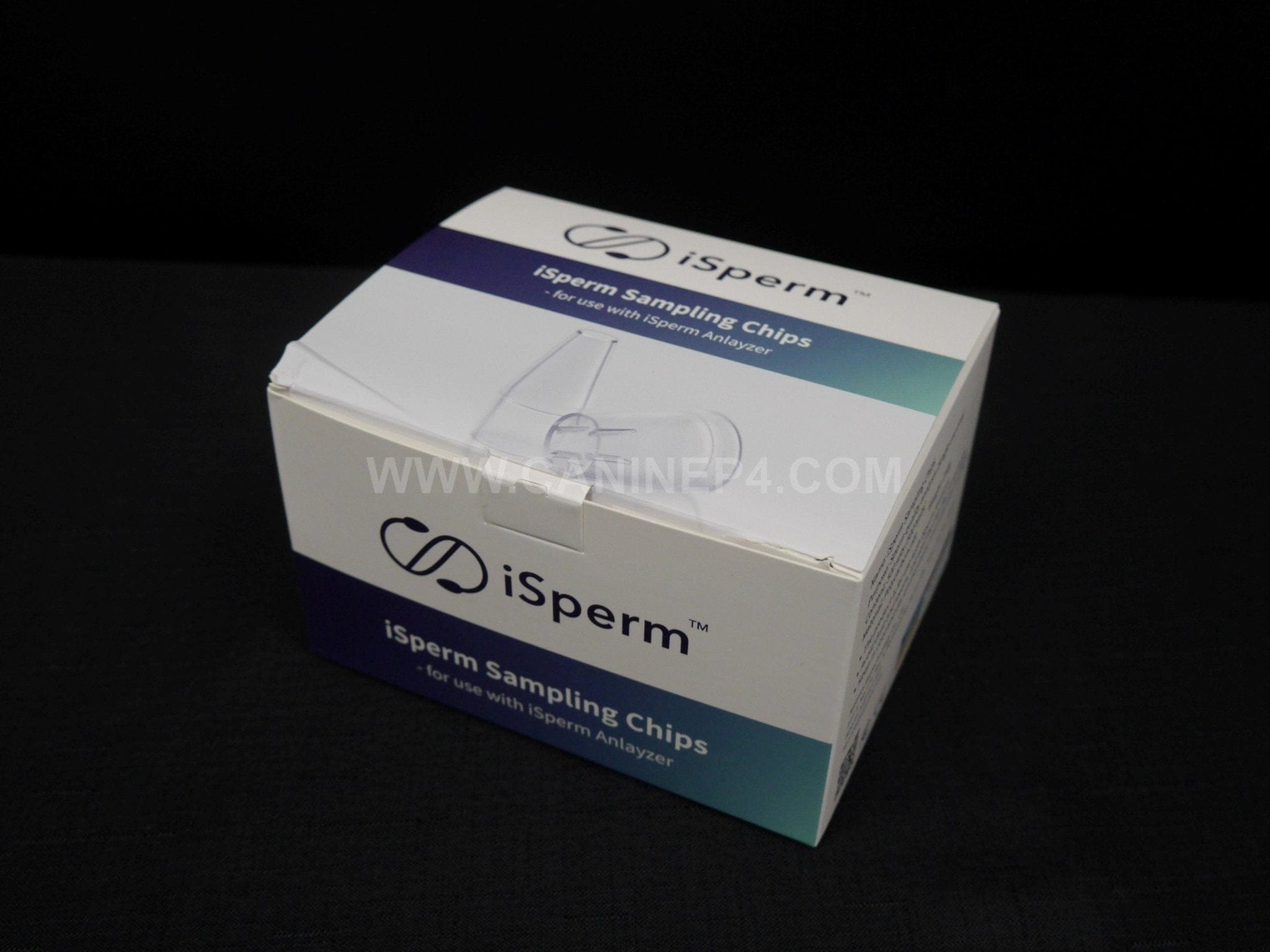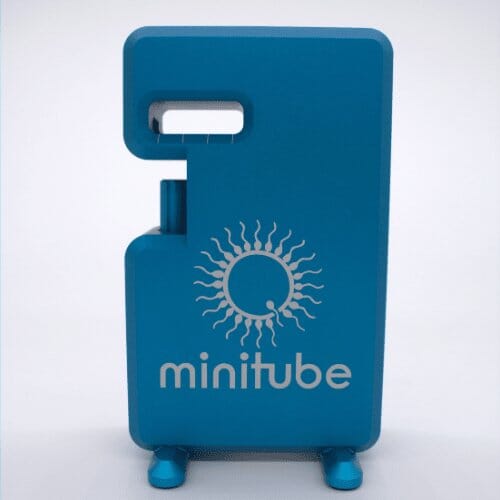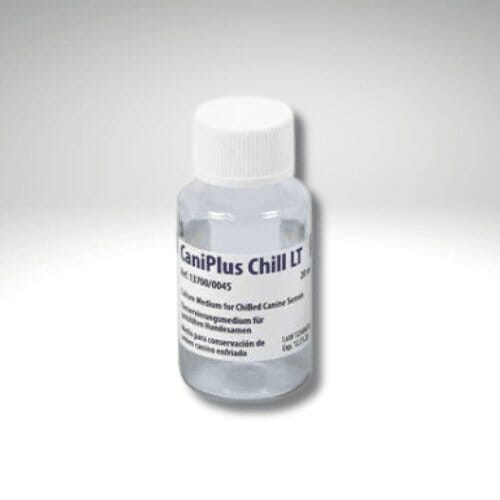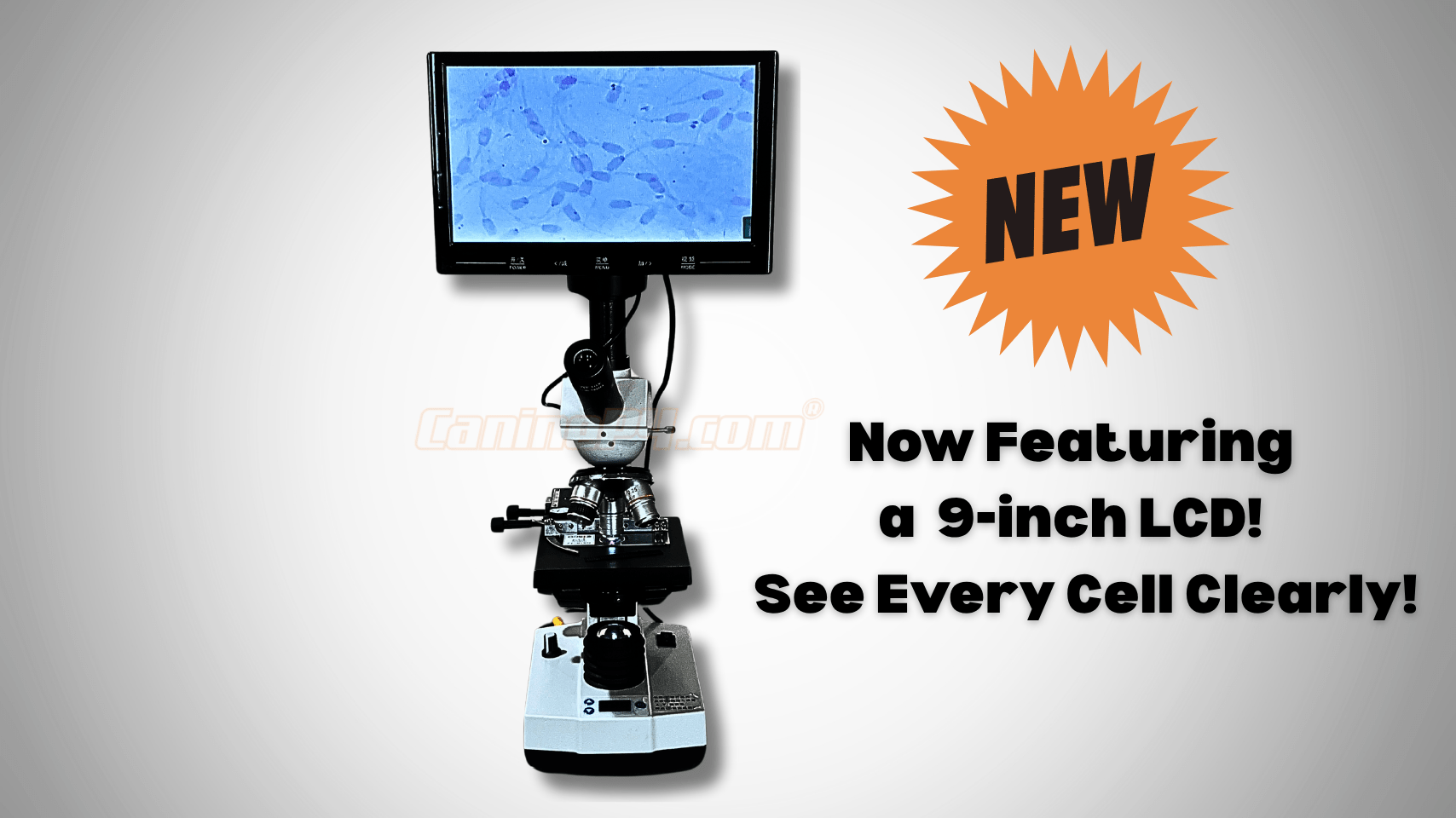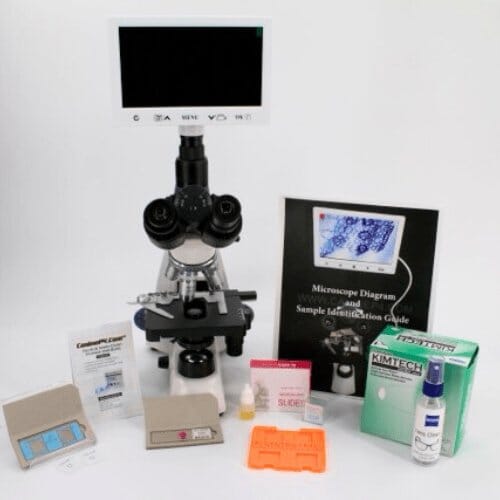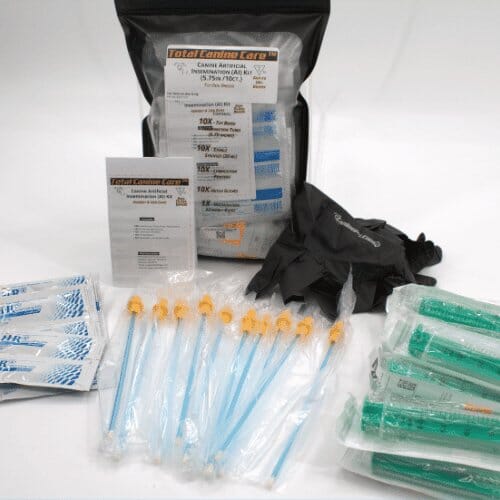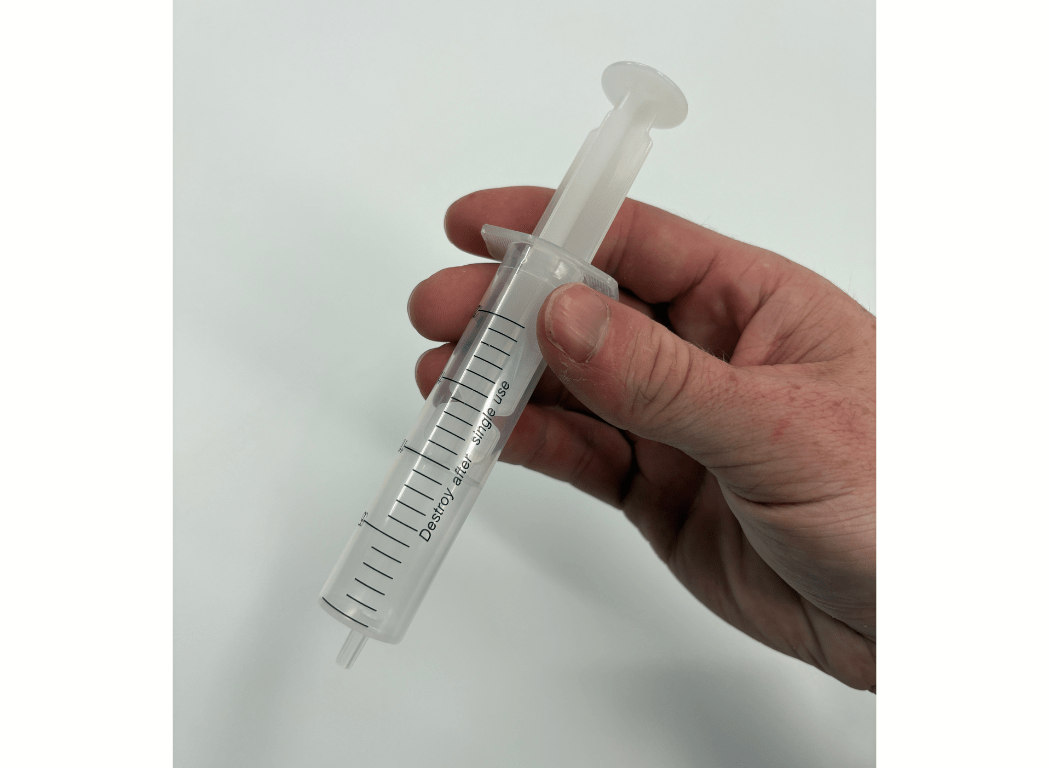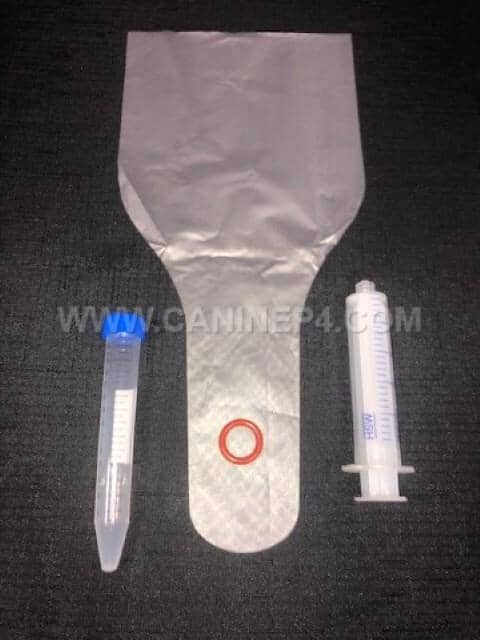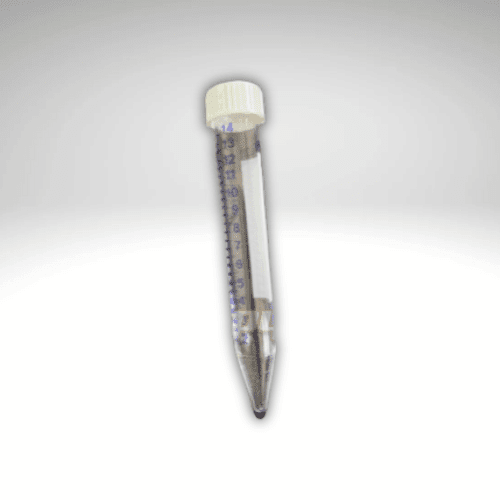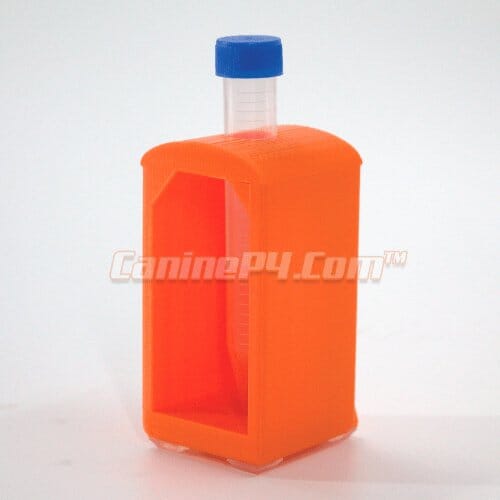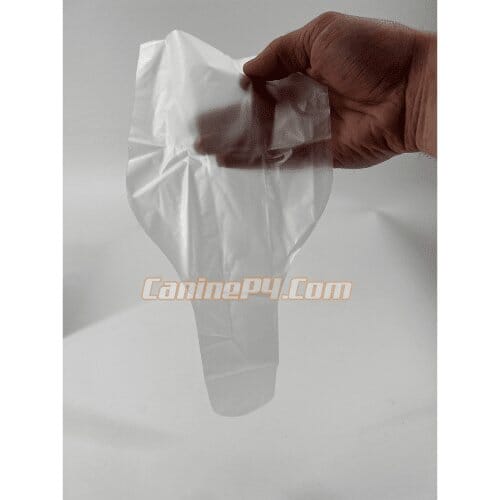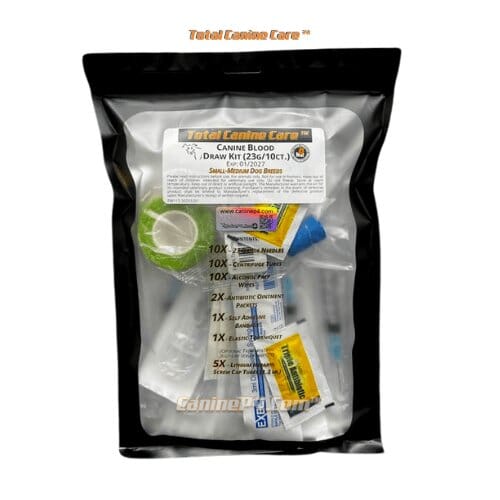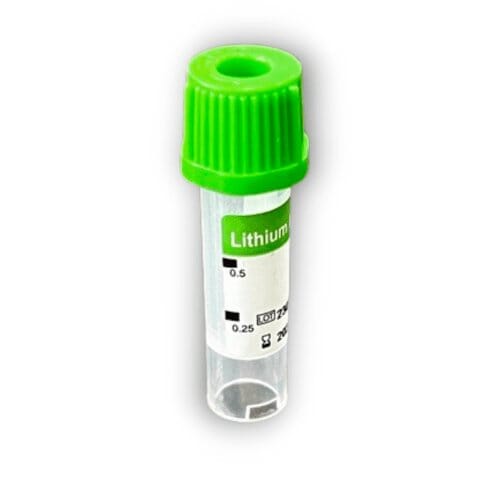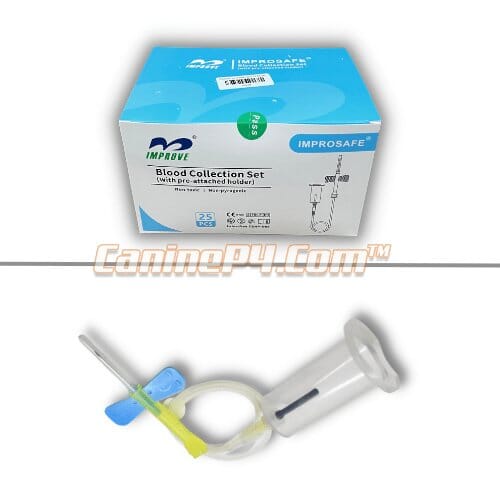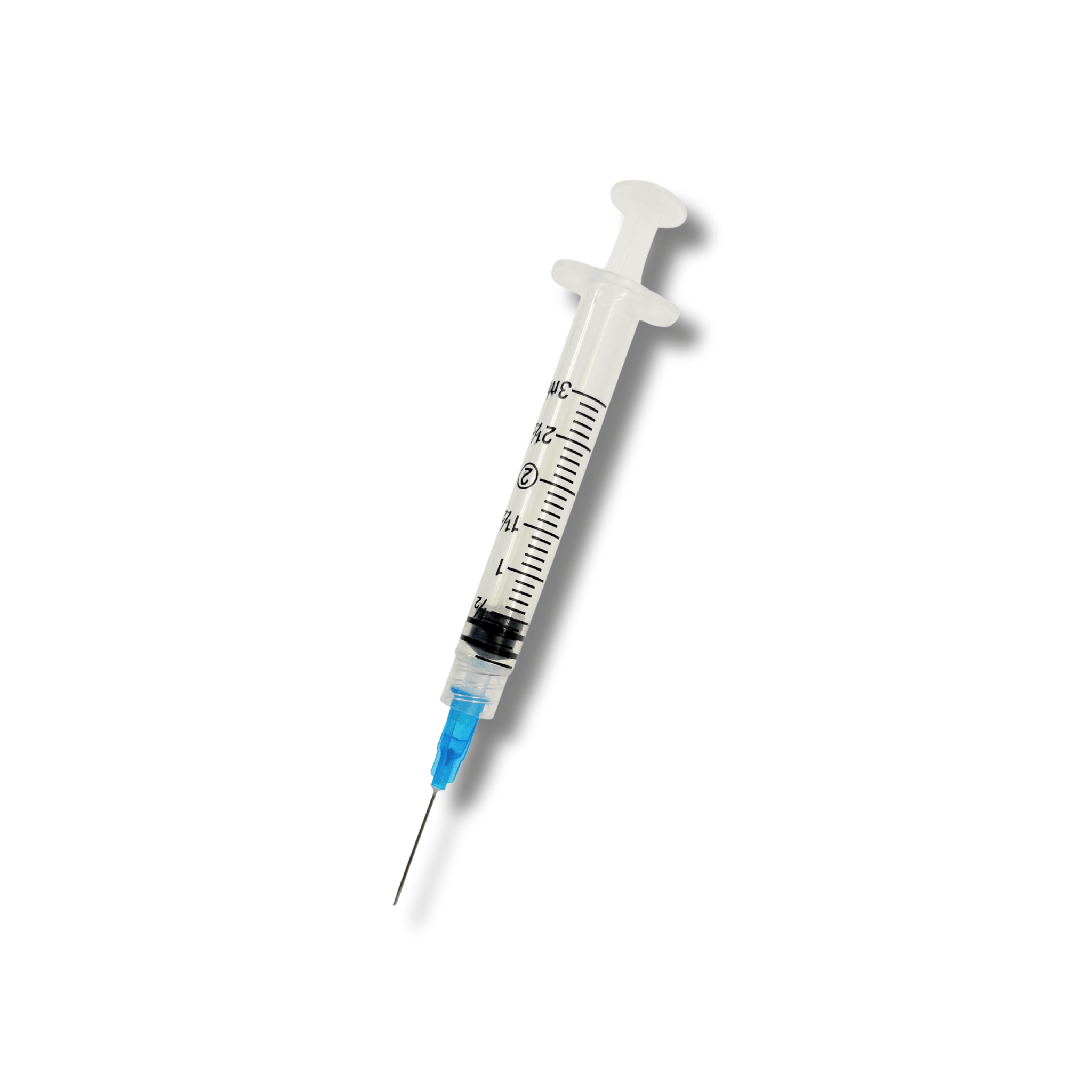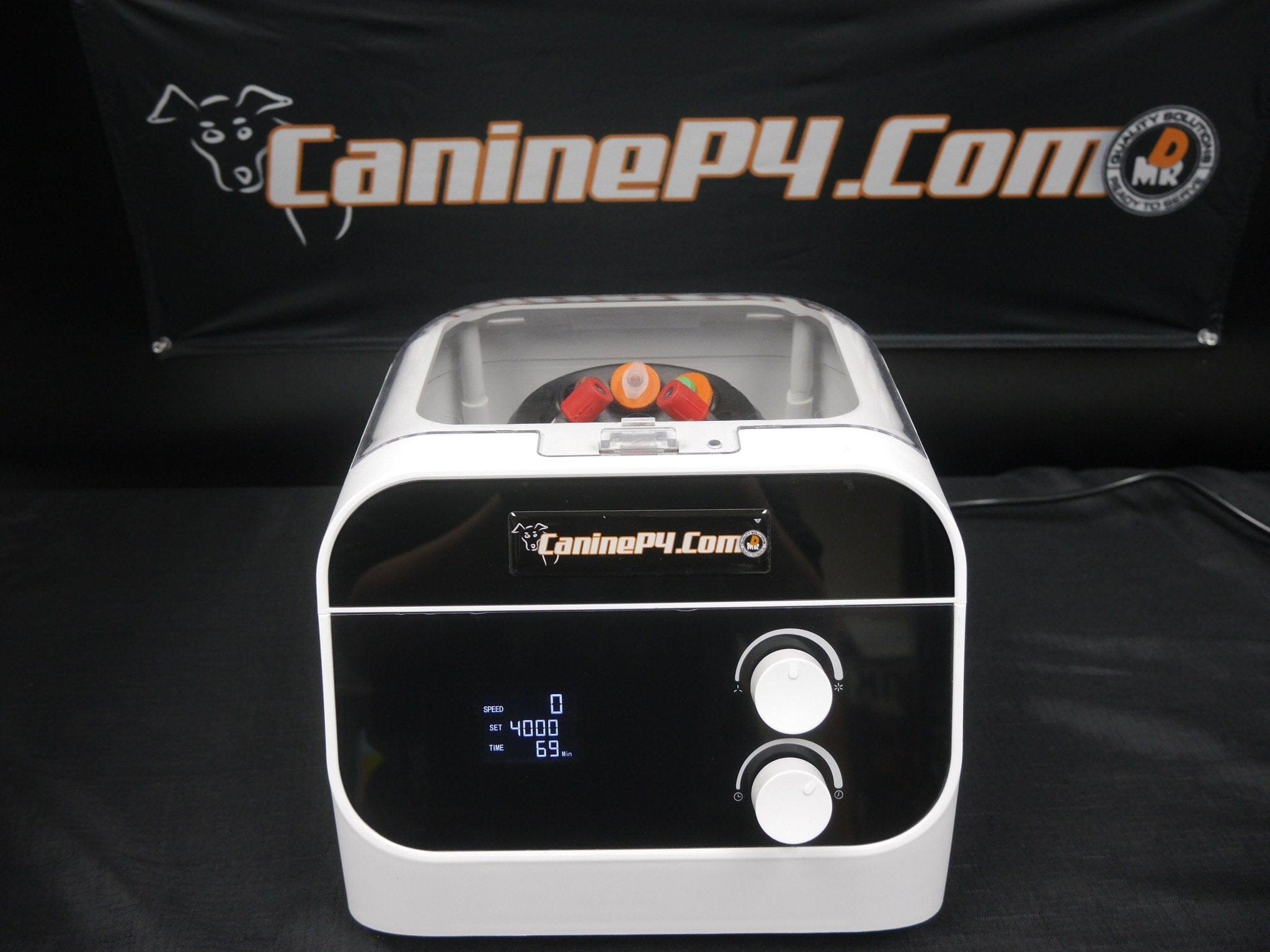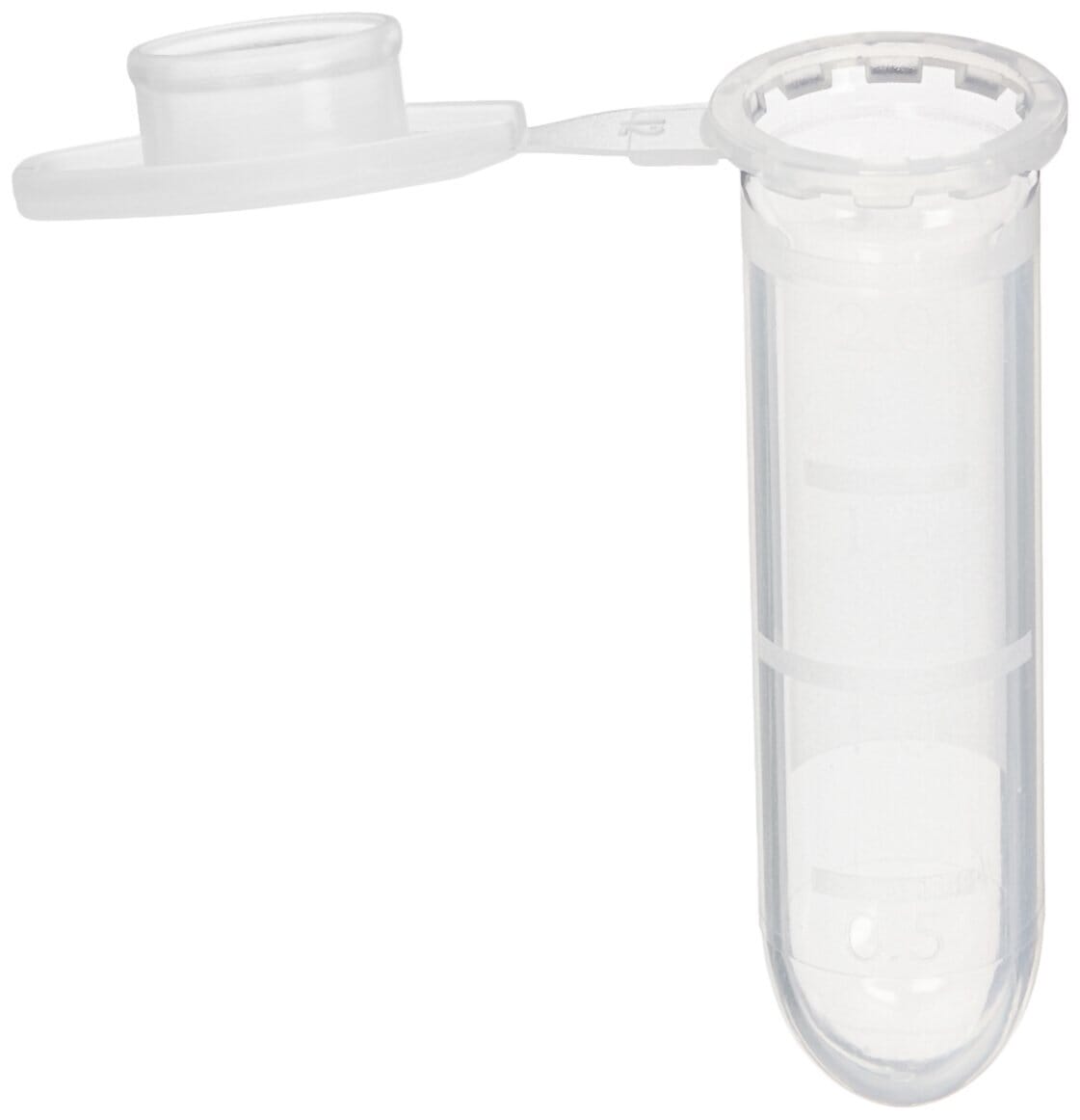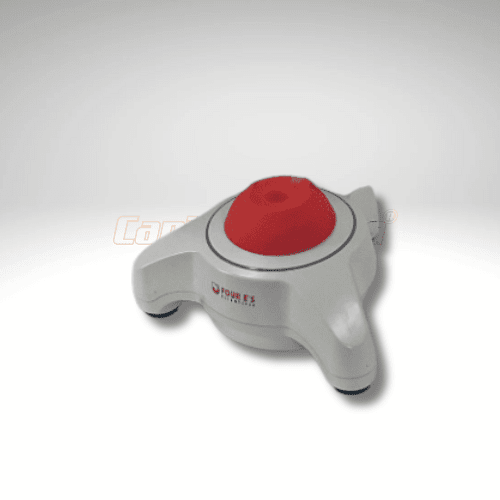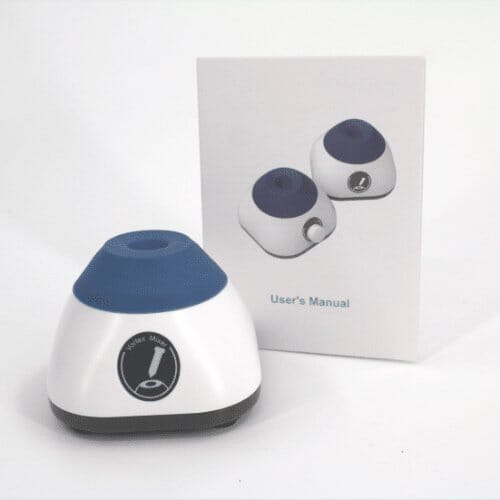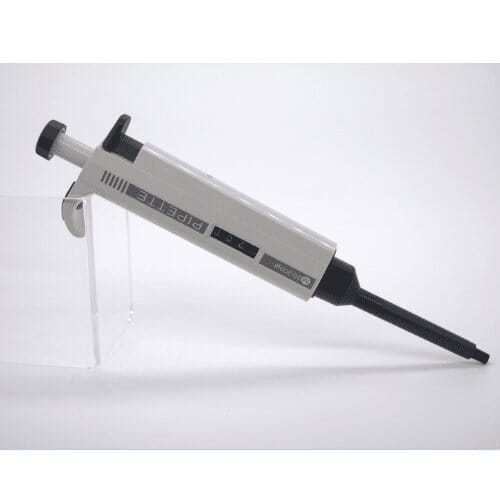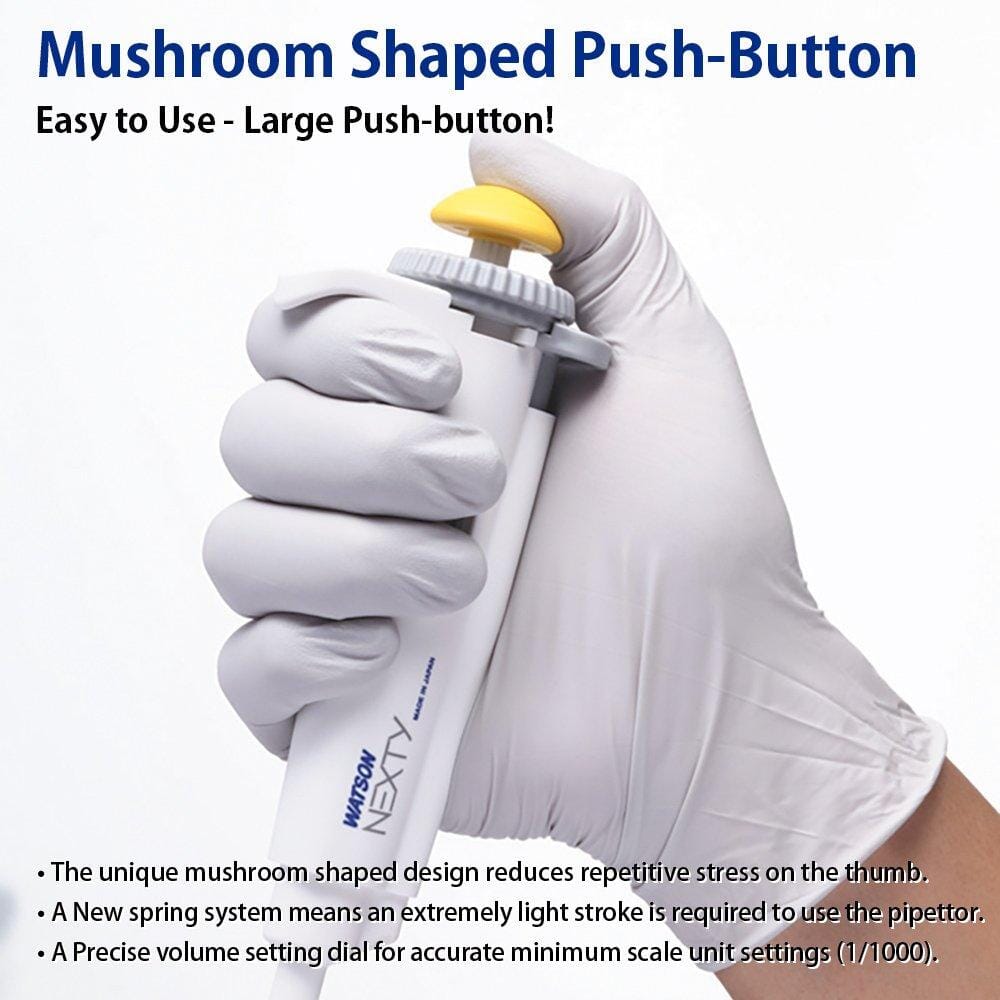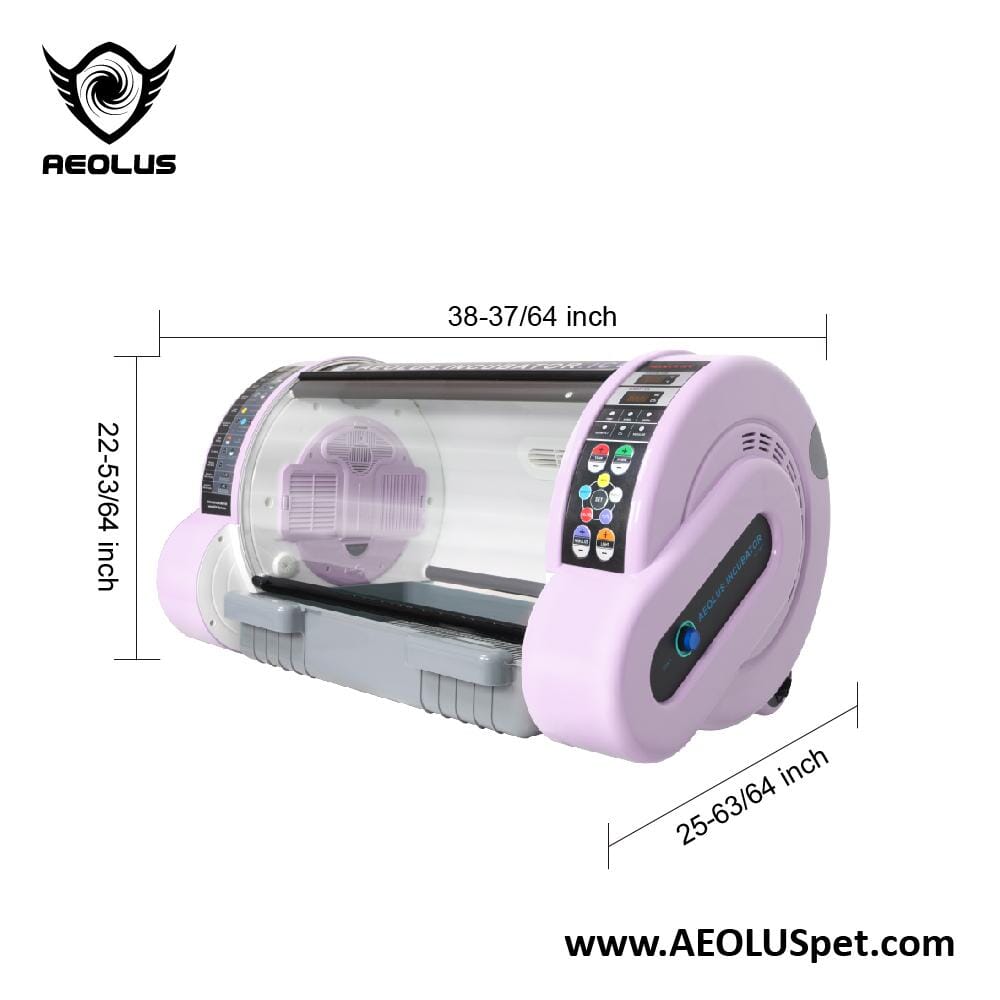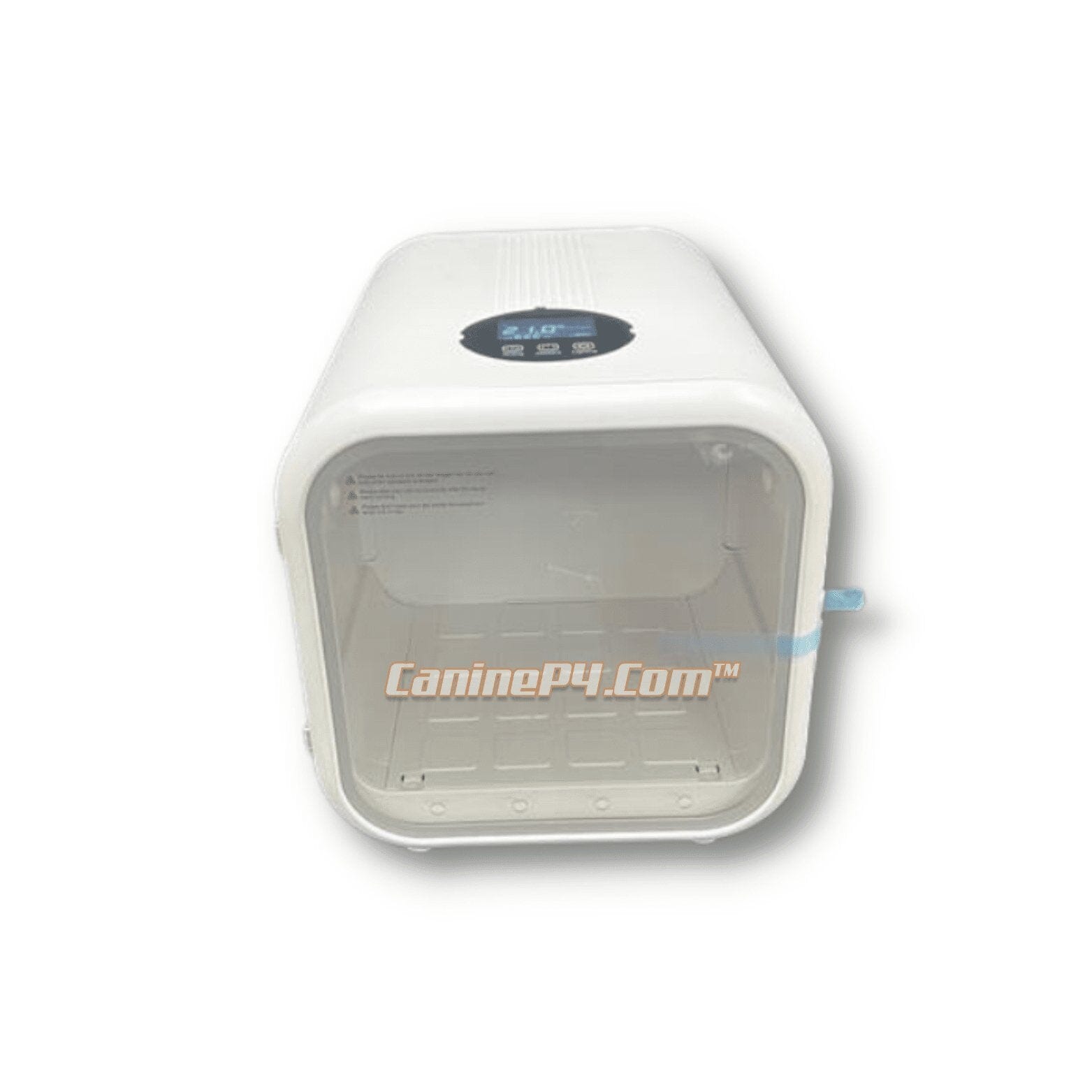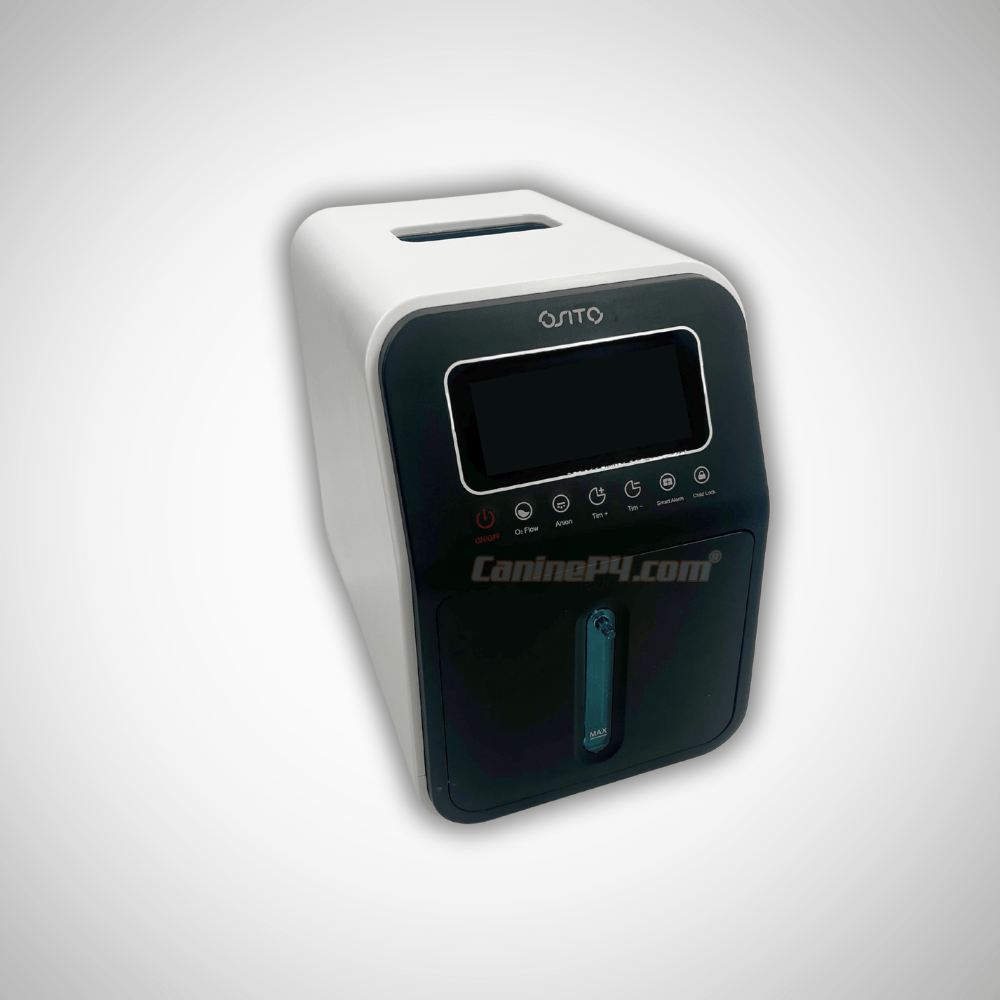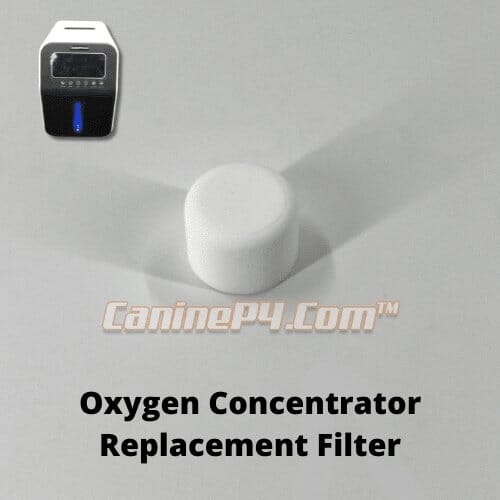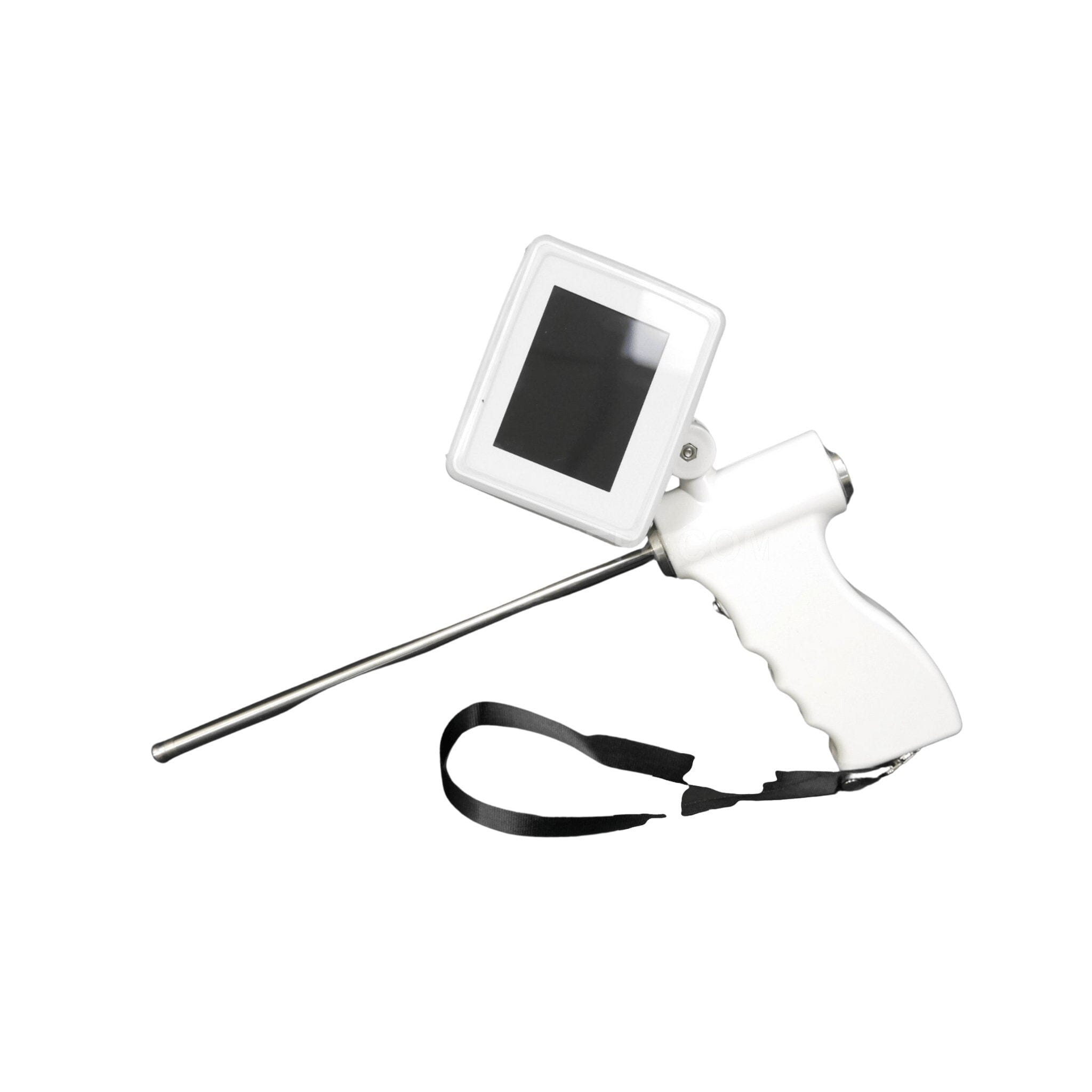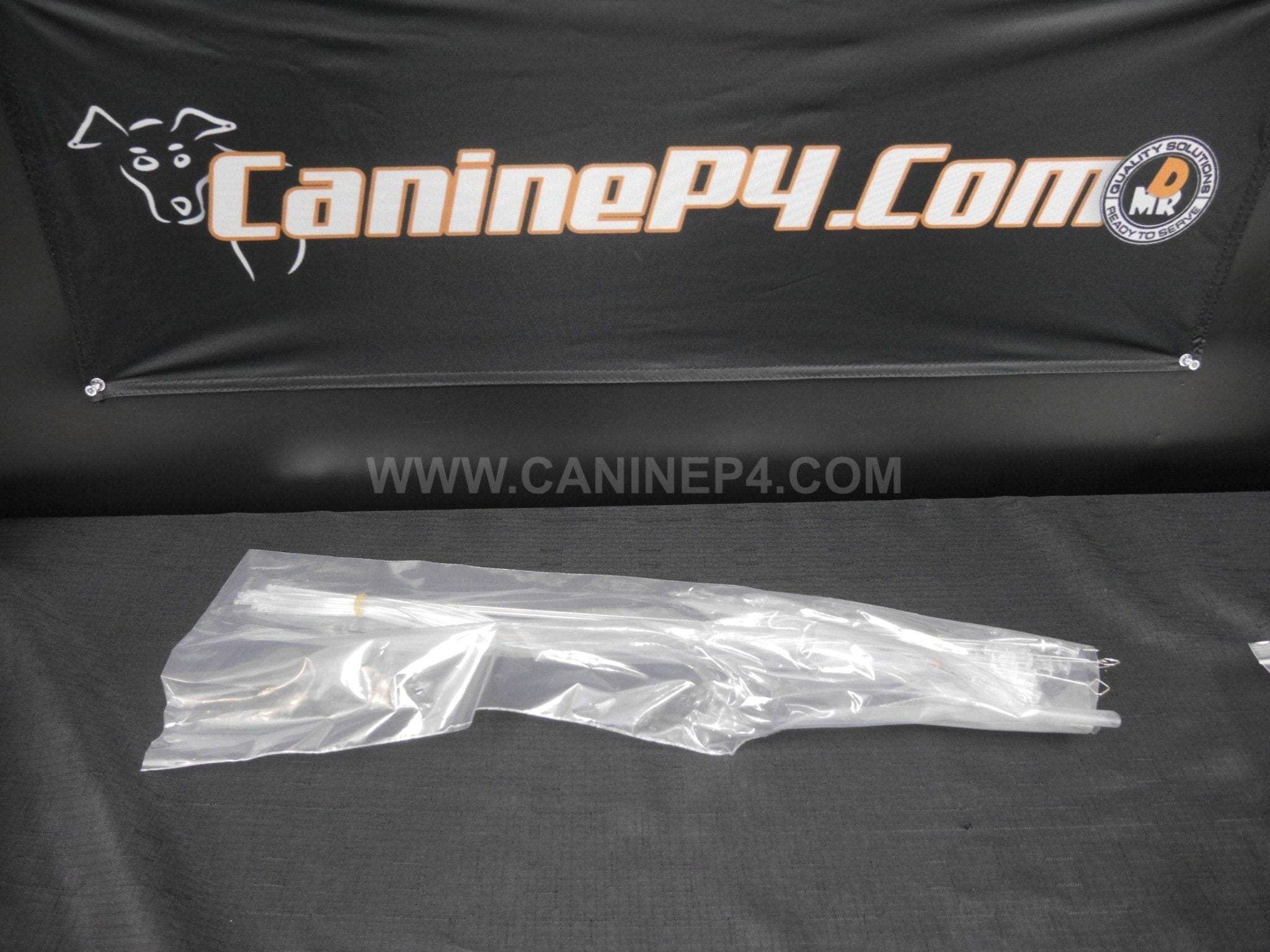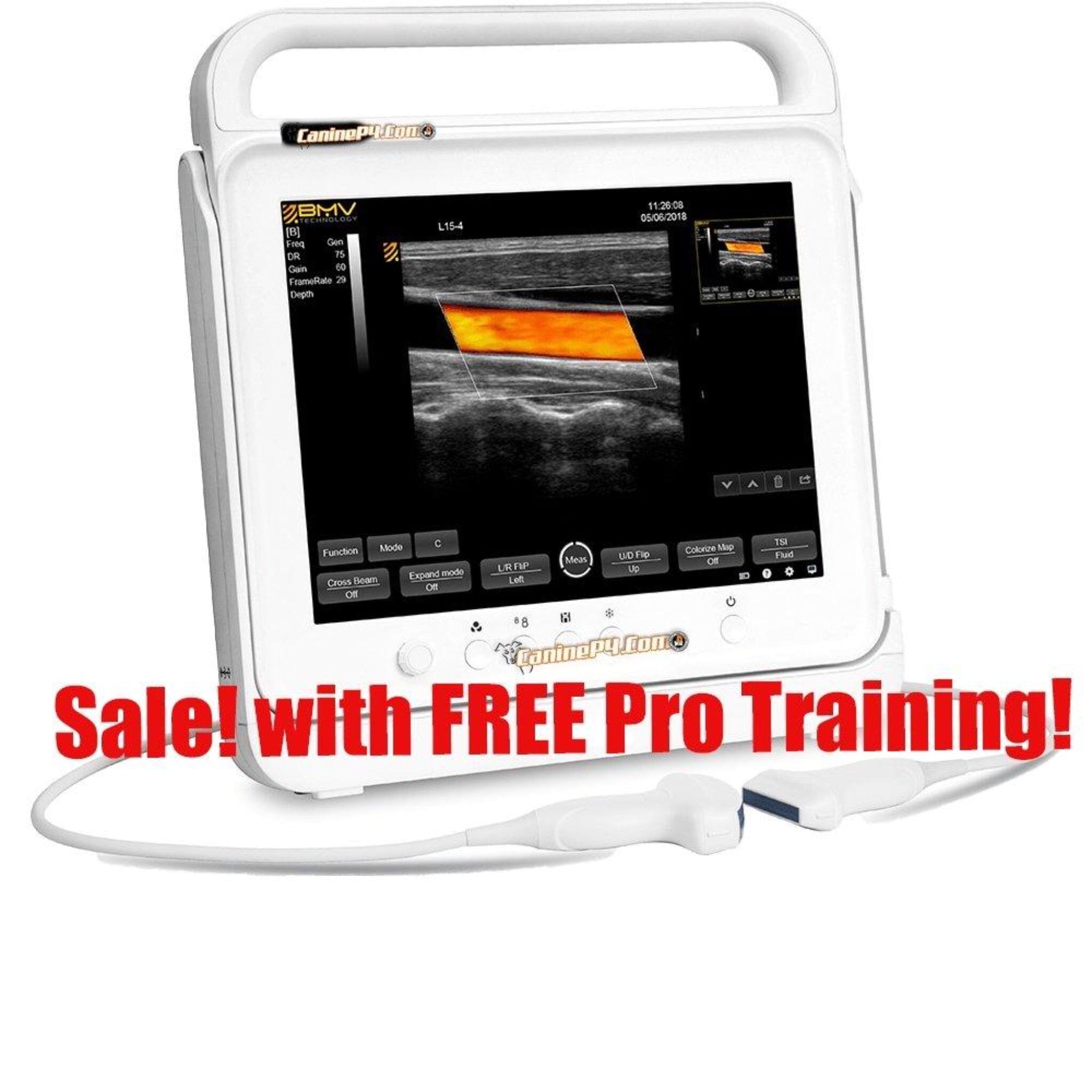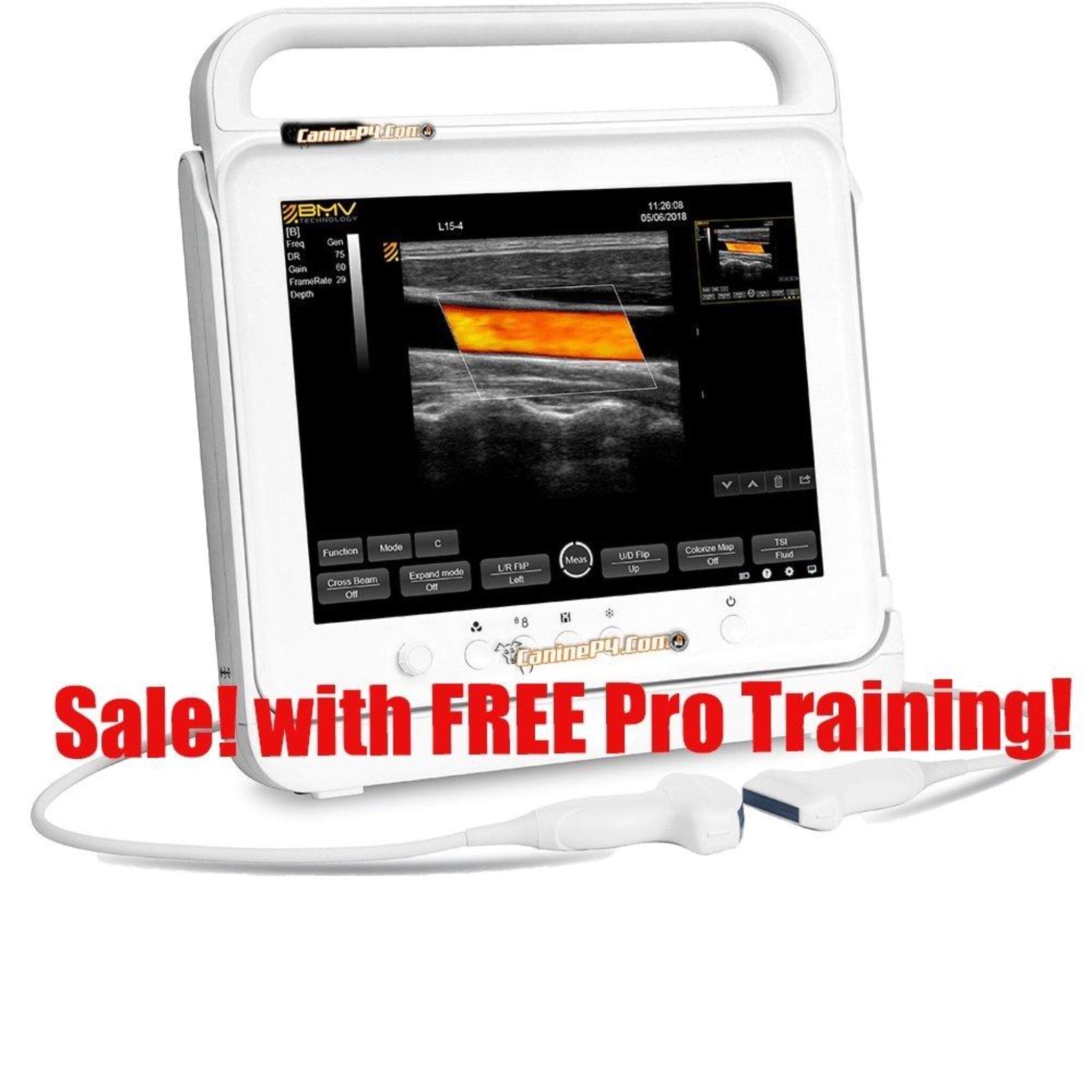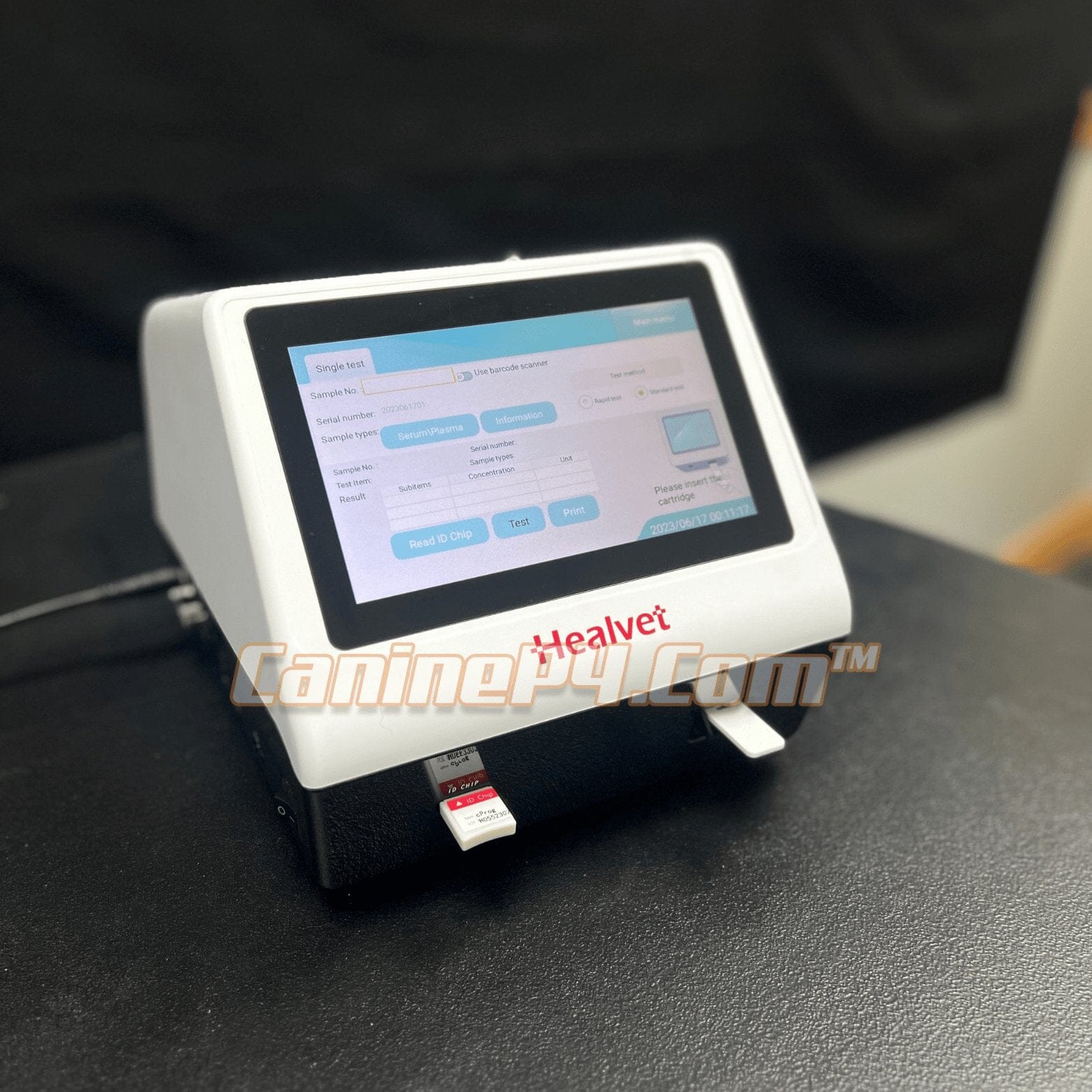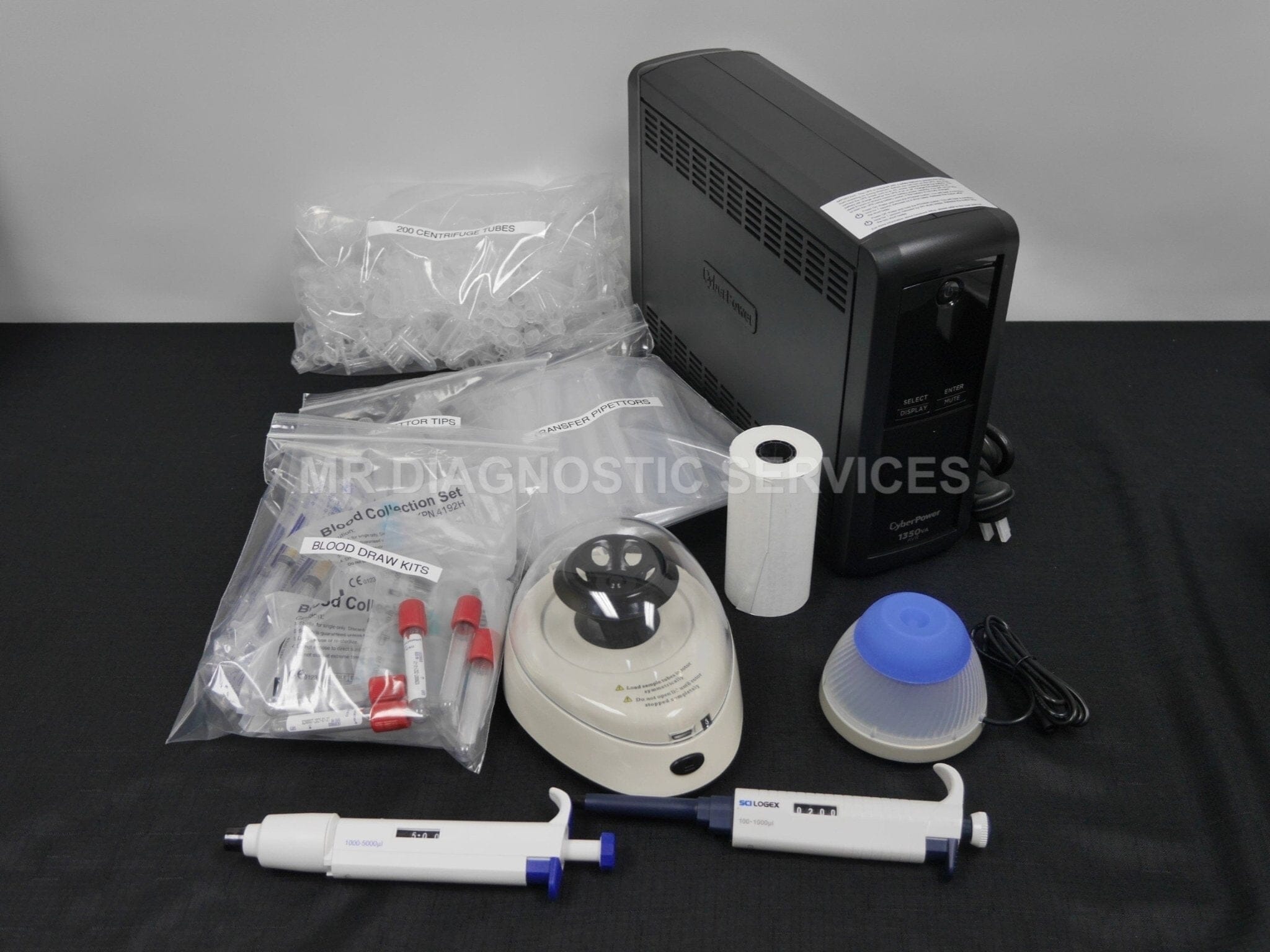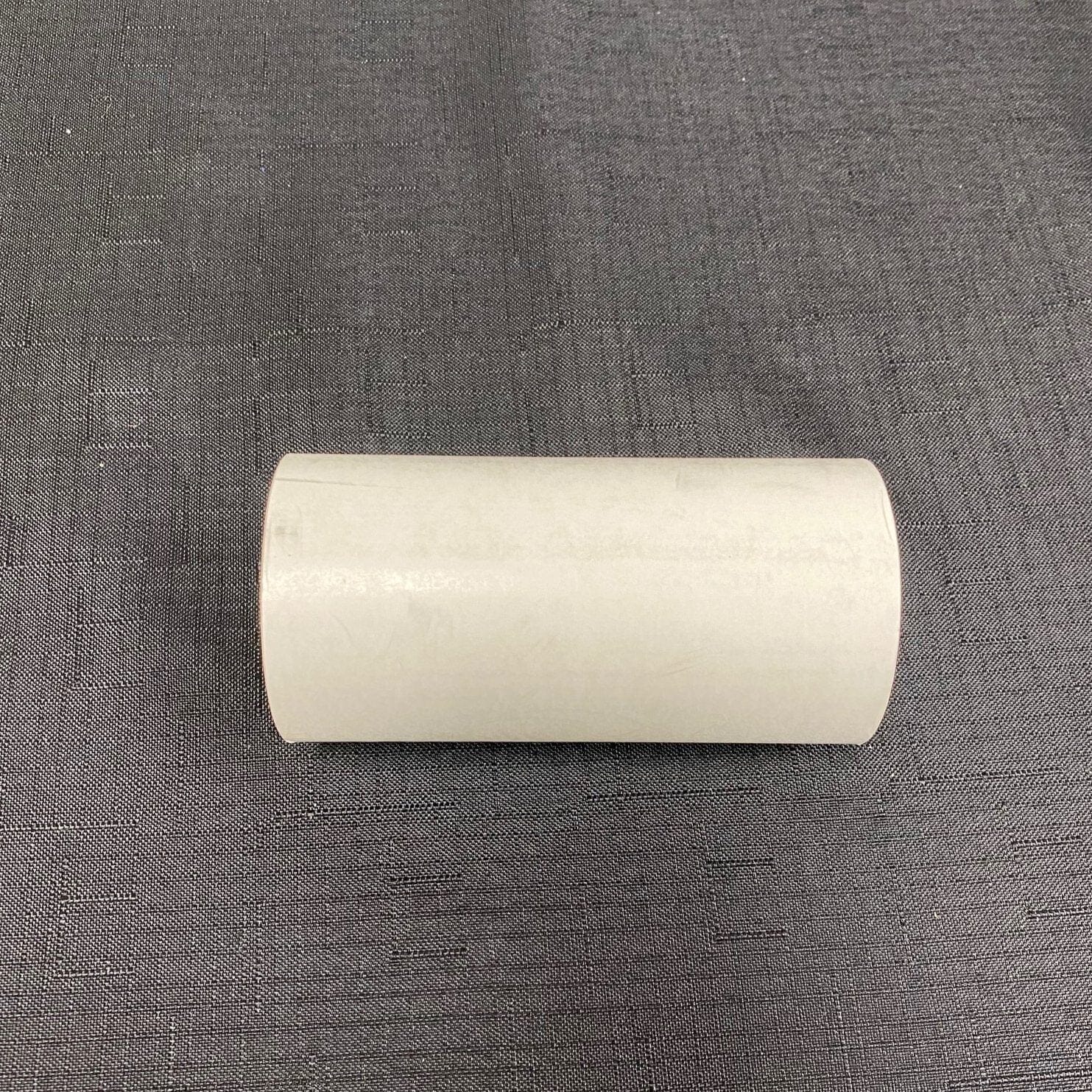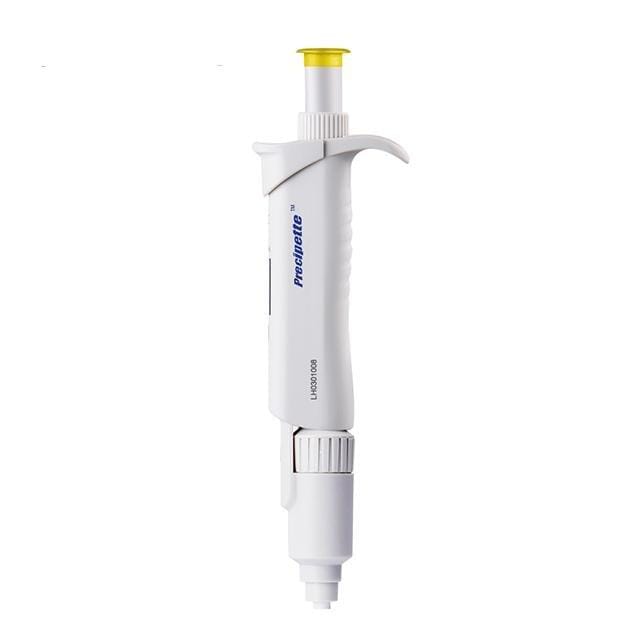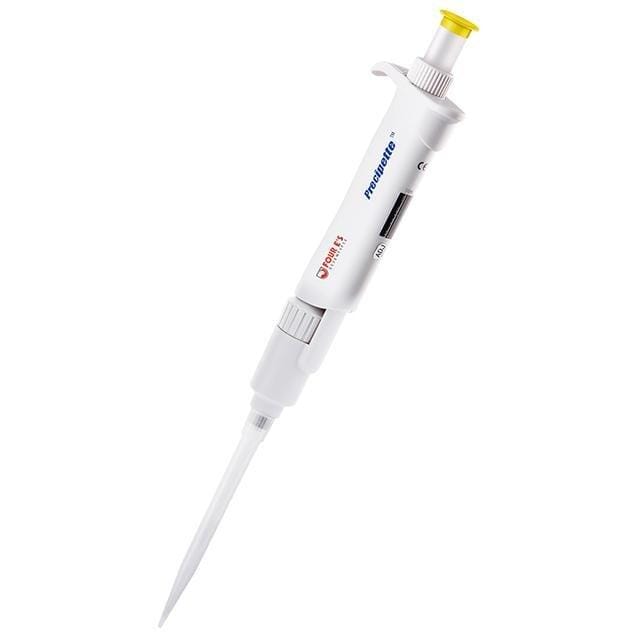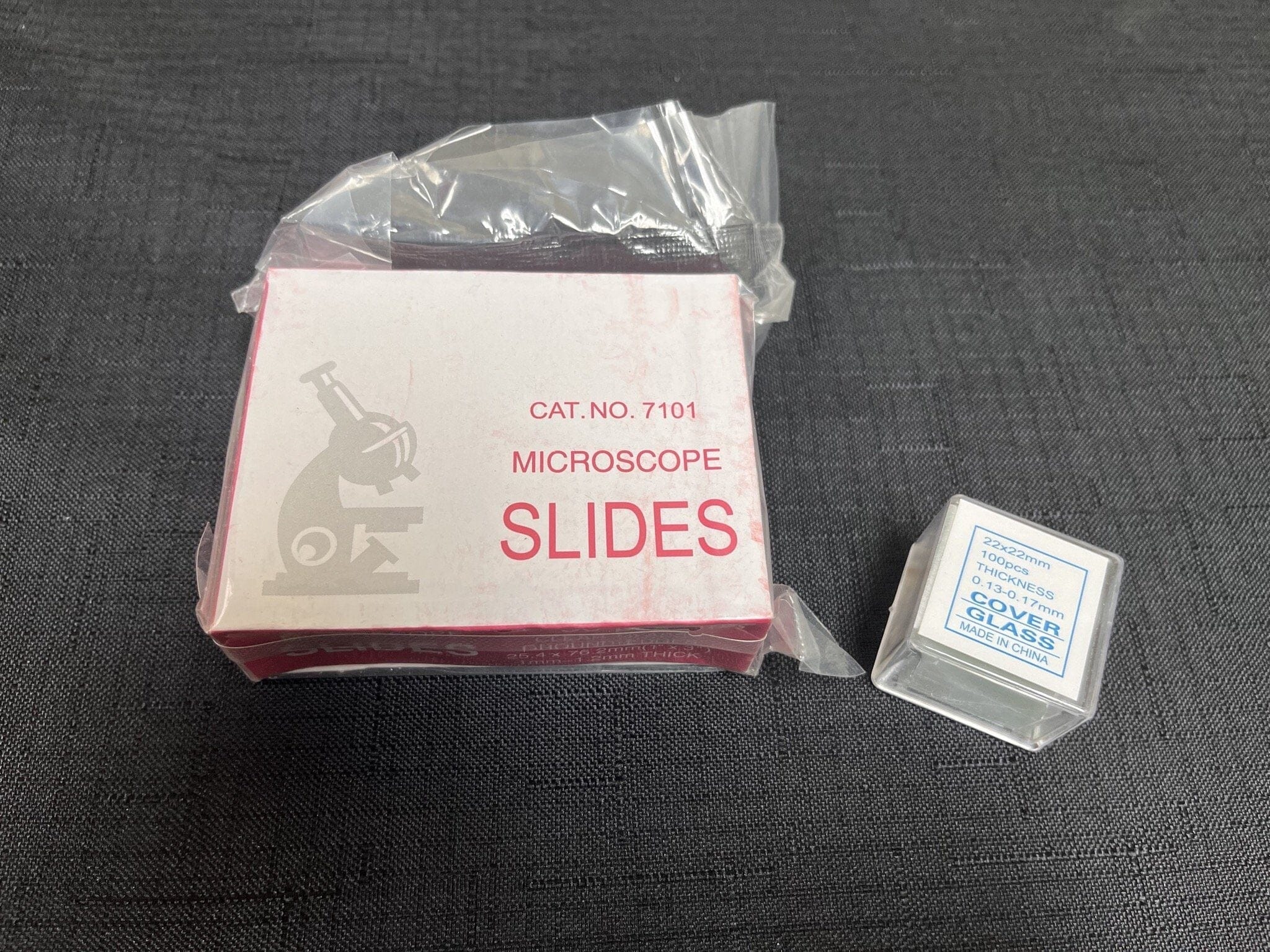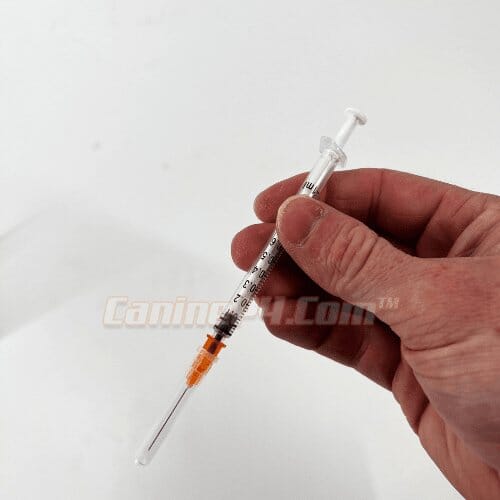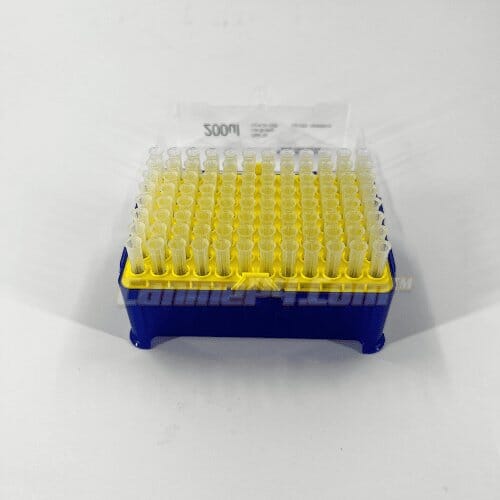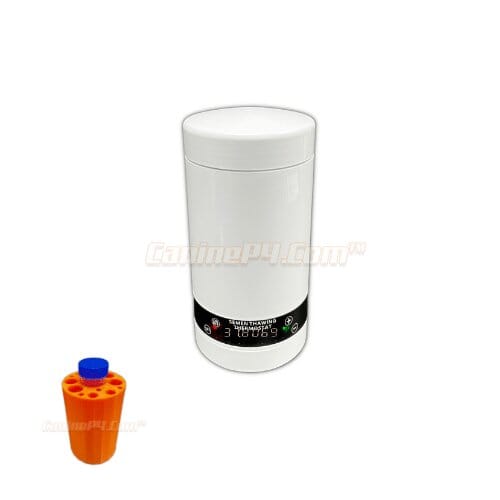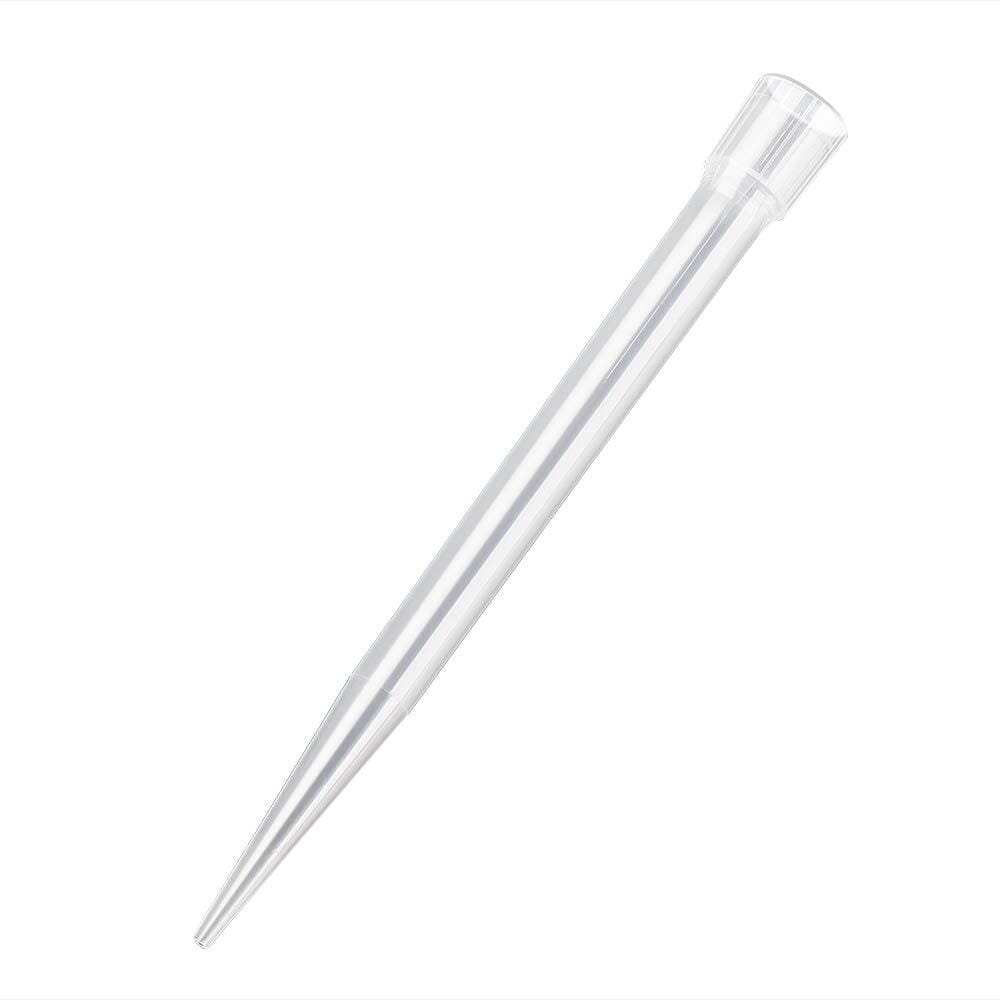Menu
Adenovirus In Dogs Dogs! Can You Test In-house?
What Is Adenovirus In Dogs?
Adenovirus is a relatively common viral infection that can affect dogs, causing a range of symptoms and potential complications. There are two main types of adenovirus that commonly affect dogs: Adenovirus Type 1 (CAV-1) and Adenovirus Type 2 (CAV-2). CAV-1 is responsible for a severe and often fatal disease known as Canine Infectious Hepatitis (CIH).
This virus primarily affects a dog's liver, leading to inflammation and damage to the organ. Symptoms of CAV-1 infection may include fever, lethargy, loss of appetite, vomiting, abdominal pain, and sometimes bleeding disorders. In contrast, CAV-2 typically causes respiratory problems in dogs and is the most common cause of canine infectious tracheobronchitis, also known as kennel cough. This type of adenovirus affects a dog's respiratory system, particularly the trachea and bronchi, resulting in coughing, sneezing, nasal discharge, and sometimes mild fever.
Both CAV-1 and CAV-2 adenoviruses are highly contagious and can be transmitted between dogs through various means like direct contact, contaminated objects, and respiratory droplets. Vaccination is the primary means of preventing adenovirus infections in dogs, with vaccines available for both CAV-1 and CAV-2.
It is important for dog breeders and owners to ensure their pets are up-to-date on their vaccinations to protect them against these types of adenoviruses and their potential complications. If a dog is suspected of having an adenovirus infection by the use of an in house test kit, it is crucial to seek veterinary care promptly. The veterinarian may perform additional tests to confirm the specific type of adenovirus involved and provide appropriate treatment, which may include supportive care, antiviral medications, and management of secondary complications.
Understanding the first two types of adenovirus that commonly affect dogs, CAV-1 and CAV-2, allows for better recognition and prevention of these infections in our canine companions. Vaccination plays a vital role in minimizing the risk of adenovirus-related illnesses and ensuring the overall health and well-being of our dogs.
New! Super Low Priced One Test Trial Size Rapid Tests! Fast, Easy, And A Great Value!
What Are The Safety Concerns For Dogs That Have Adenovirus?
Adenovirus is a viral infection that can affect dogs, potentially causing a range of health issues. When addressing the safety concerns for dogs that have adenovirus, we must consider several important factors. These include the contagious nature of the virus, the potential severity of the disease, and the necessary precautions to prevent transmission. Implementing appropriate safety measures is crucial to safeguard not only the infected dog but also the well-being of other canine companions and humans in the vicinity.
1. Isolation:
Isolating the infected dog is paramount to prevent the spread of adenovirus. By separating the affected dog from healthy canines, we can minimize the risk of transmission through close contact or respiratory droplets. Ensure that the quarantine area is secure and adequately equipped to meet the dog's needs, including providing essential resources such as food, water, and bedding.
2. Hygiene Practices:
Maintaining strict hygiene practices is essential to reduce the spread of adenovirus. Regularly clean and disinfect any surfaces or objects that come into contact with the infected dog, such as food bowls, toys, and bedding. Additionally, individuals handling the infected dog should practice proper hand hygiene, washing their hands thoroughly with soap and water to minimize potential transmission.
3. Veterinary Care:
In House testing is easy and available to start the process of determining if your dog(s) have the virus. Seeking prompt veterinary care is crucial after testing has been done for dogs diagnosed with adenovirus. Veterinarians will provide appropriate treatment options and advice on managing the disease. It is vital to follow the prescribed treatment plan diligently, including administering any medications as directed and attending follow-up appointments.
4. Vaccination:
Vaccination plays a fundamental role in preventing adenovirus infection in dogs. Responsible dog owners should ensure that their pets receive timely vaccination against adenovirus, as recommended by their veterinarian. Routine vaccination can significantly reduce the risk of infection, as well as prevent the potential transmission of the virus to other dogs.
5. Limiting Contact:
During the period of infection, it is advisable to limit contact between the infected dog and other animals or vulnerable individuals, such as puppies, elderly dogs, or those with weakened immune systems. By minimizing potential exposure to the virus, we can effectively protect these more susceptible individuals from infection.
6. Environmental Control:
Maintaining a clean and hygienic environment is crucial for preventing the spread of adenovirus. Regularly disinfecting and cleaning common areas, including dog parks, kennels, or any other shared spaces, helps minimize the risk of transmission to other dogs.
7. Education and Awareness:
Educating dog owners about adenovirus, its symptoms, and precautionary measures is essential to curbing the spread of the disease. Raising awareness about the importance of vaccination, maintaining hygiene practices, in house testing, and seeking veterinary care can help mitigate the safety concerns associated with adenovirus in dogs. By adhering to these safety concerns, dog owners and the general community can effectively manage and mitigate the risks associated with adenovirus, ensuring the well-being and safety of all canines involved.
What Are Symptoms For Dogs that have Adenovirus?
When it comes to identifying symptoms in dogs that have been infected with Adenovirus, it is important to closely observe their behavior and physical condition. While it's important to note that symptoms can vary from dog to dog, several key indicators may point to the likelihood of an Adenovirus infection. In house testing can be used to start the process.
1. Fever: In cases of Adenovirus infection, dogs often experience an elevated body temperature. This can be determined by using a specialized thermometer designed for veterinary use.
2. Respiratory distress: Dogs infected with Adenovirus may exhibit respiratory symptoms such as coughing, gagging, sneezing, or difficulty breathing. These symptoms may progressively worsen over time.
3. Conjunctivitis: Adenovirus may cause inflammation of the conjunctiva, resulting in redness, discharge, and irritation in the eyes. This can range from mild to severe.
4. Lethargy: Infected dogs may display a lack of energy or enthusiasm for activities they previously enjoyed. They may appear tired, weak, and generally less active.
5. Loss of appetite: Dogs infected with Adenovirus may experience a decrease in appetite or refusal to eat altogether. This can lead to weight loss and malnourishment if left untreated.
6. Vomiting and diarrhea: Some dogs may develop gastrointestinal symptoms such as vomiting and diarrhea. These can contribute to dehydration and a loss of electrolytes in the body.
7. Abdominal pain: Dogs with Adenovirus infection may experience discomfort or tenderness in the abdominal area. They may exhibit signs of distress when their abdomen is touched or palpated. It is important to note that these symptoms can overlap with other health conditions, and a thorough veterinary examination and diagnostic testing are necessary for an accurate diagnosis. If you suspect your dog may have Adenovirus or any other illness, please consult a veterinarian as soon as possible for proper evaluation and treatment.
What Are The Treatment Options For Adenovirus?
Treatment options for dogs with adenovirus vary depending on the severity of the infection and the specific symptoms presented. It is important to note that there is no specific cure for adenovirus in dogs, and treatment mainly focuses on supportive care and addressing the associated symptoms. Here are some treatment options that may be considered: 1.
Veterinary Consultation: The first step in treating adenovirus in dogs is to consult with a veterinarian. A thorough examination and diagnostic tests, such as blood tests and imaging studies, may be performed to assess the extent of the infection and rule out any other underlying conditions.
2. Rest and Isolation: Dogs with adenovirus should be provided with a quiet and comfortable environment to rest and recover. Isolation from other dogs is crucial to prevent the spread of the virus.
3. Fluid Therapy: Adequate hydration is important for dogs with adenovirus. Fluid therapy may be administered orally or intravenously to maintain hydration and support the dog's immune system.
4. Nutritional Support: A balanced and easily digestible diet can help support the dog's overall wellness during the recovery process. Your veterinarian may recommend specific diets or supplements to ensure your dog receives the necessary nutrients.
5. Medications: Depending on the symptoms exhibited by the dog, medications may be prescribed to manage fever, pain, and other discomforts. Antiemetic drugs may be given to control vomiting and antibiotics might be recommended to treat any secondary bacterial infections.
6. Eye Care: In cases of adenovirus type 1 (hepatitis), a dog might also develop a condition called "blue eye." Eye drops or ointments may be prescribed to alleviate any eye irritation or inflammation.
7. Vaccination: Adenovirus type 2 (infectious canine tracheobronchitis) can be prevented by vaccinating dogs against the virus. Regular vaccination protocols should be followed to protect against this contagious respiratory infection.
8. Supportive Care: Dogs with adenovirus may exhibit a range of symptoms, including respiratory distress, diarrhea, and jaundice. Appropriate supportive care measures, such as oxygen therapy, anti-diarrheal medications, and liver support supplements, may be recommended to manage these symptoms.
It is important to remember that while treatment can help alleviate symptoms and support the dog's recovery, the outcome for dogs with adenovirus depends on various factors, such as the overall health of the dog and timely veterinary intervention. In house testing and consulting with a veterinarian is essential for appropriate diagnosis and treatment planning tailored to the individual dog's needs.
Check Out These Top Listings For Additional Info On Adenovirus.
Looking for dog breeding supplies? Check out our ever-growing array of products Here
- Choosing a selection results in a full page refresh.

